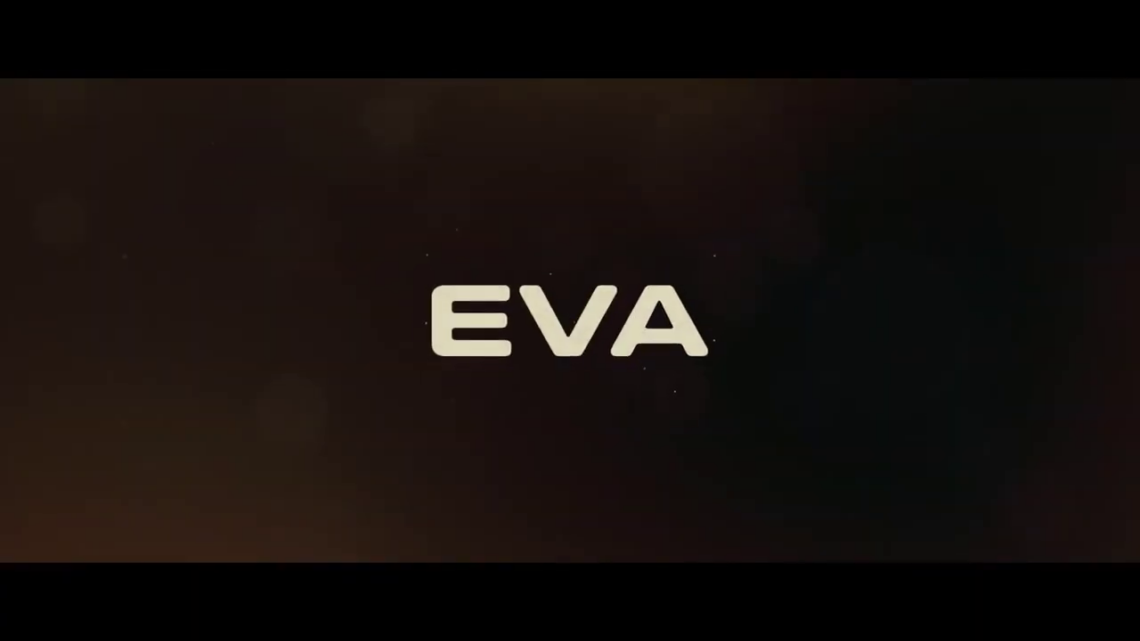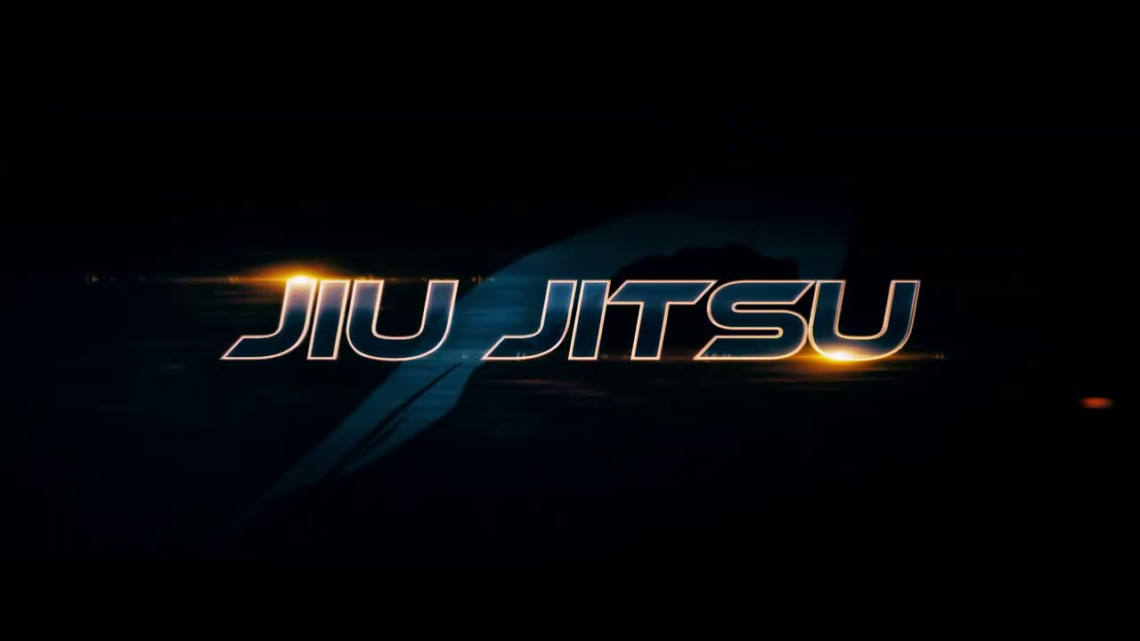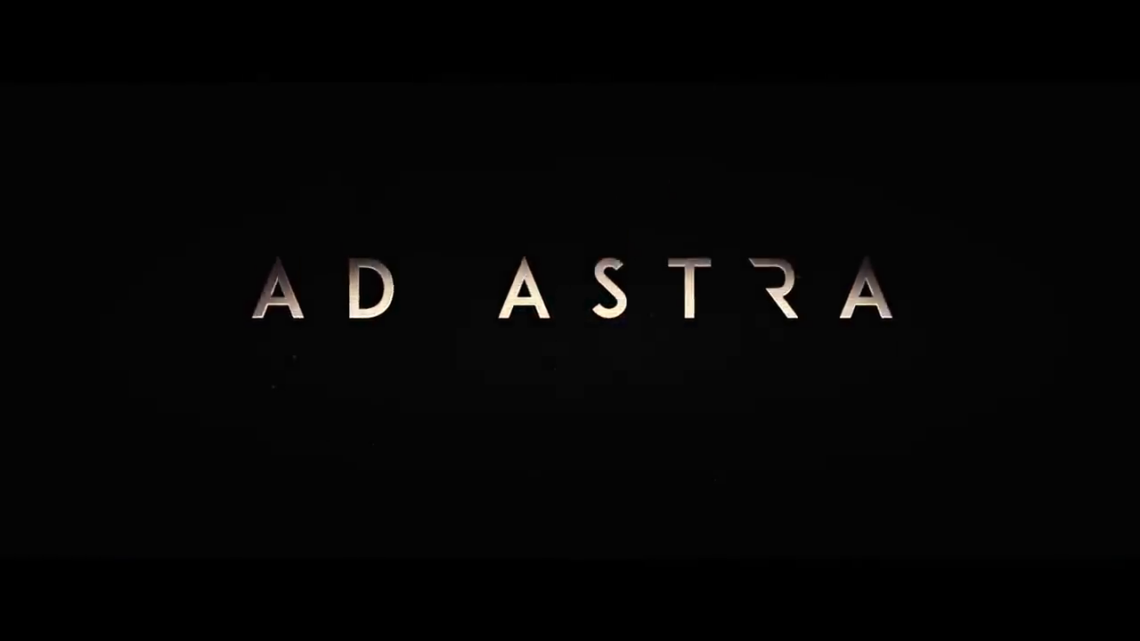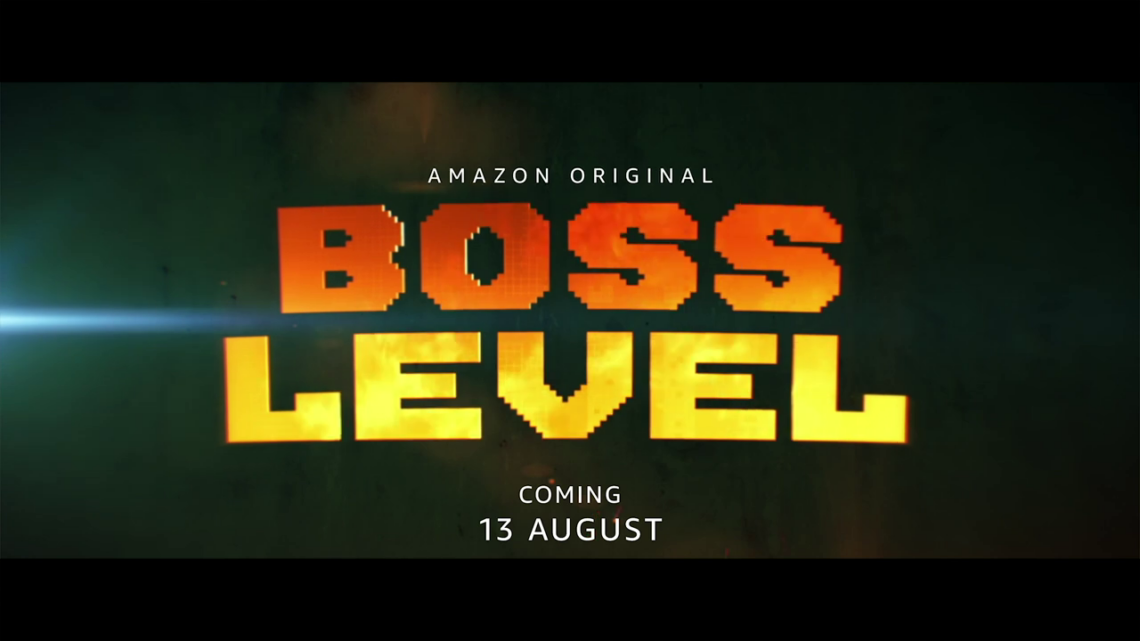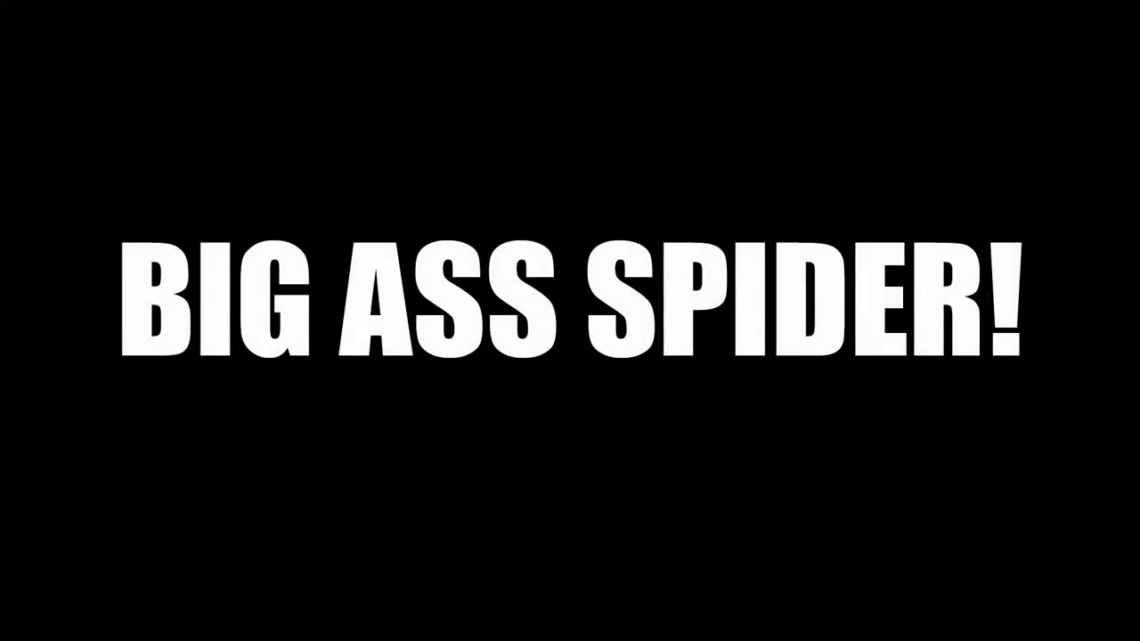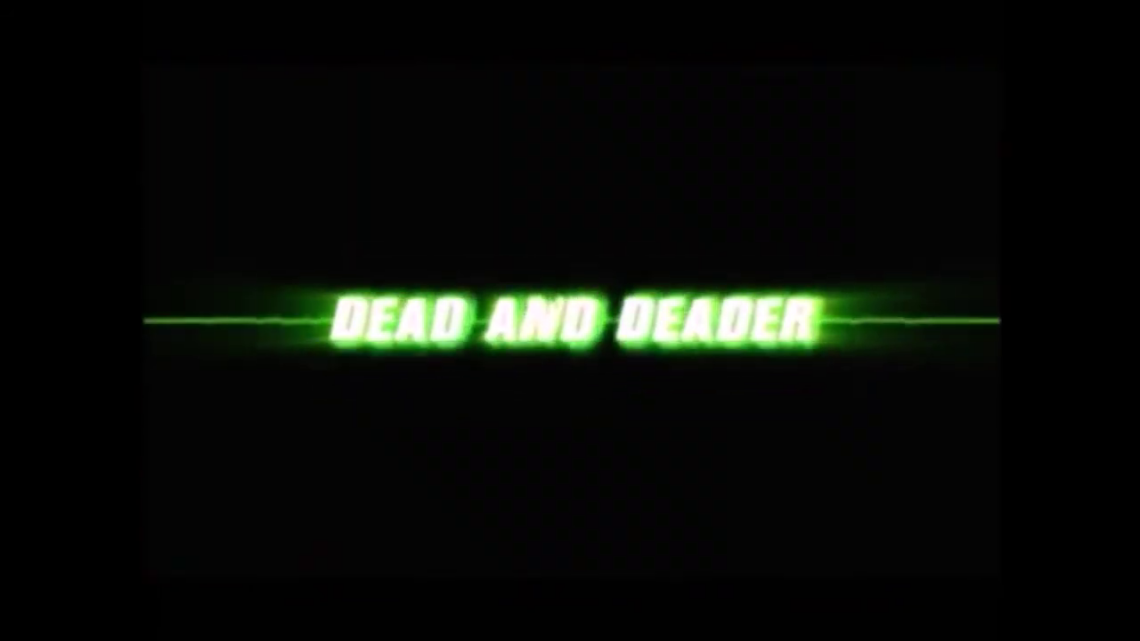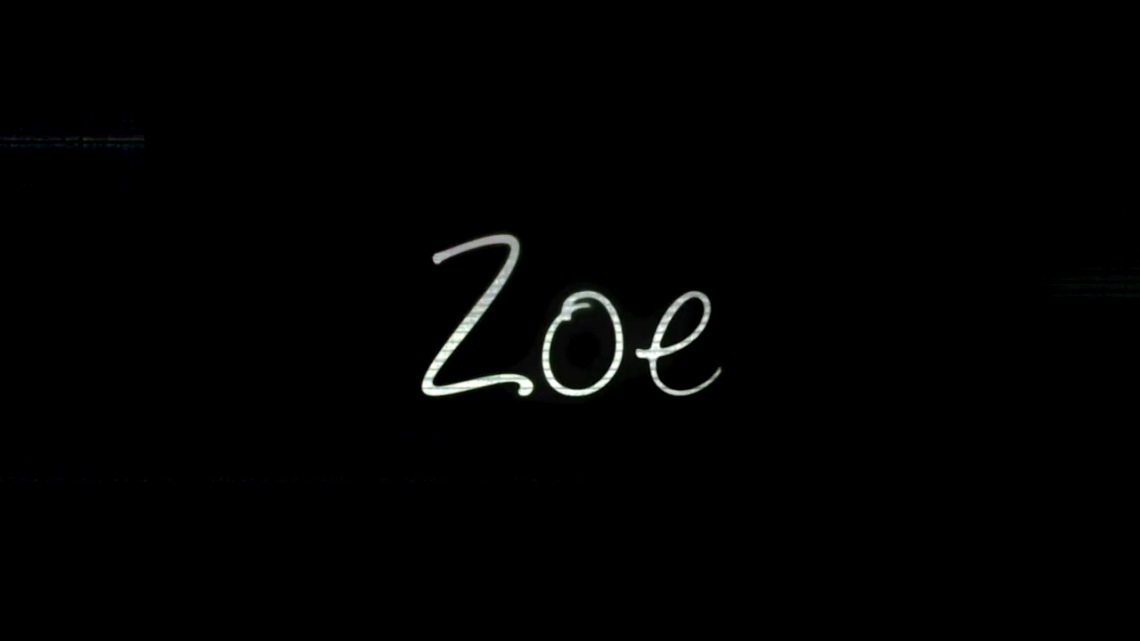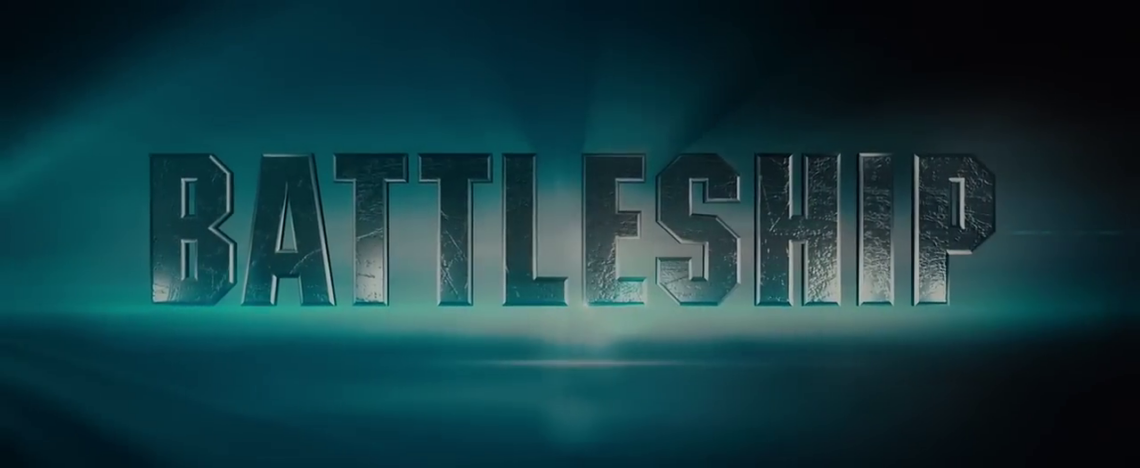Film reviews
-
#644 – My Super Ex-Girlfriend (2006)
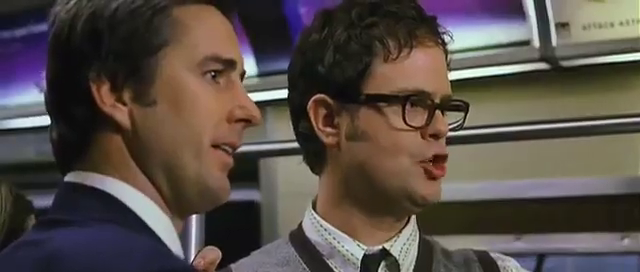
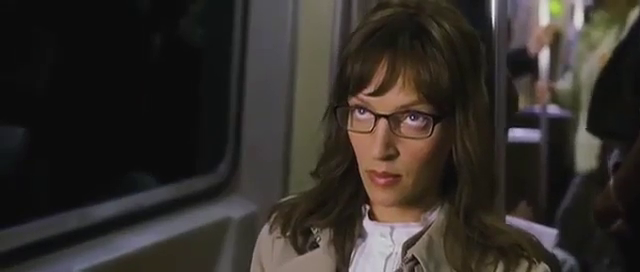
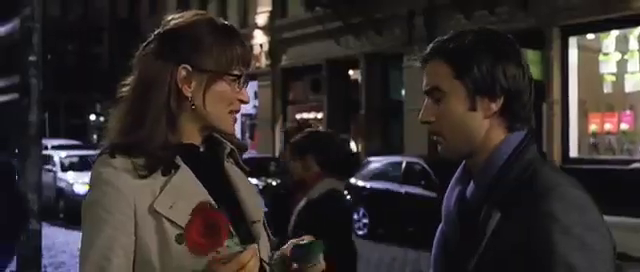
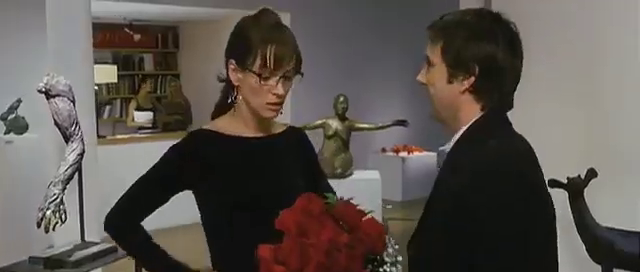
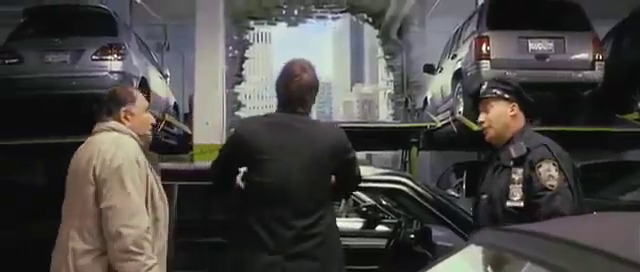
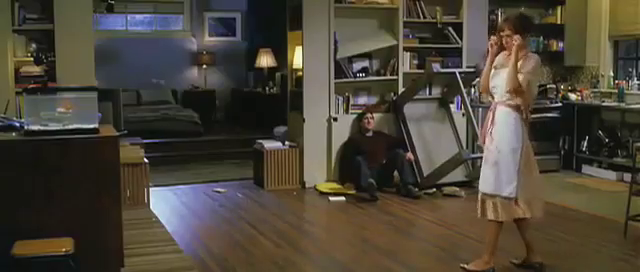
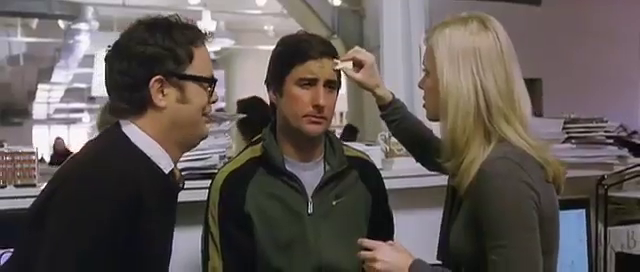
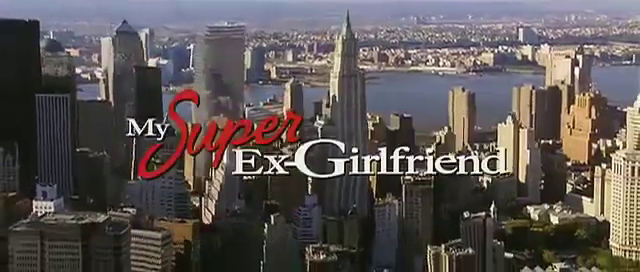
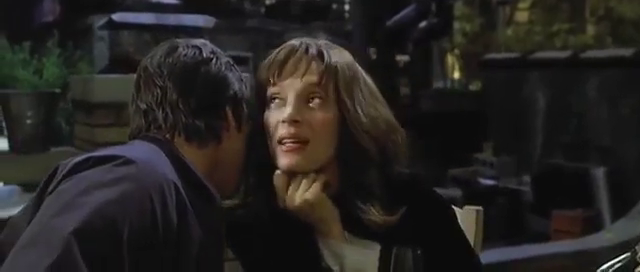
My Super Ex-Girlfriend (2006)
Film review #644
Director: Ivan Reitman
SYNOPSIS: Matthew Saunders starts dating Jenny Johnson, and learns that she is the superhero G-Girl. When he decides to break up with her, he must contend with the wrath of a superhero, while a supervillain schemes to take her powers…
THOUGHTS/ANALYSIS: My Super Ex-Girlfriend is a 2006 sci-fi comedy film. Matthew Saunders starts dated jenny Johnson, a woman he meets on the subway, and finds out that she is the superhero G-Girl. When he decides to break up with her, she decides to get revenge on him and make his life a living hell. The premise of the film is simple enough to grasp and offers the potential for some comedic moments. The trouble is that the film manages one or two of them and doesn’t take full advantage of it to take it anywhere interesting. It relies on crude humour that hasn’t really aged well, and also doesn’t really push any boundaries. One of the reasons for this is probably the PG-13 rating the film obviously wanted, and so anything that might have pushed said boundaries is obviously sidelined in the interest of playing it safe. Even so, there’s still plenty you could have done within the rating to make it more interesting, but due to a shoddy script devoid of imagination, and poor pacing, in which the ‘break up’ only happens half way through the film and leaves no time for anything substantial to happen before it has to set the stage for a resolution finale.
The one thing of note about the characters is that none of them are very likable: they’re all fairly flawed and annoying in some way. Uma Thurman is the stand out role and plays her part as the super-hero and nerdy neurotic alter-ego well, although a a lot of very cliché and unhinged traits are just dumped onto her character. Matthew as the male lead barely registers any interest, and Eddie Izzard as the villain is very half-baked. There’s also the distinct feeling that by the end of the film and everything is “resolved,” that no one has really learned anything. Overall, there’s certainly potential in the concept, but an obsession with a PG-13 rating and playing it safe leaves you thinking you could imagine much more interesting possibilities than what My Super Ex-Girlfriend actually gives you. Unlikeable characters, a fairly empty screenplay, and lack of many stand-out comedic moments leaves very little impression, despite Uma Thurman’s solid portrayal of the role she is given.
-
#643 – Eva (2011)
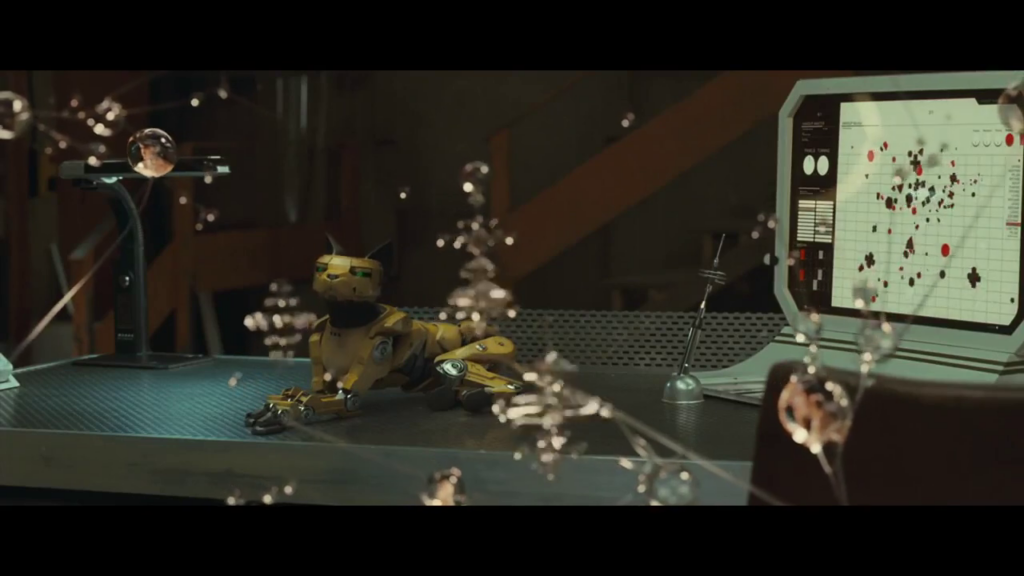
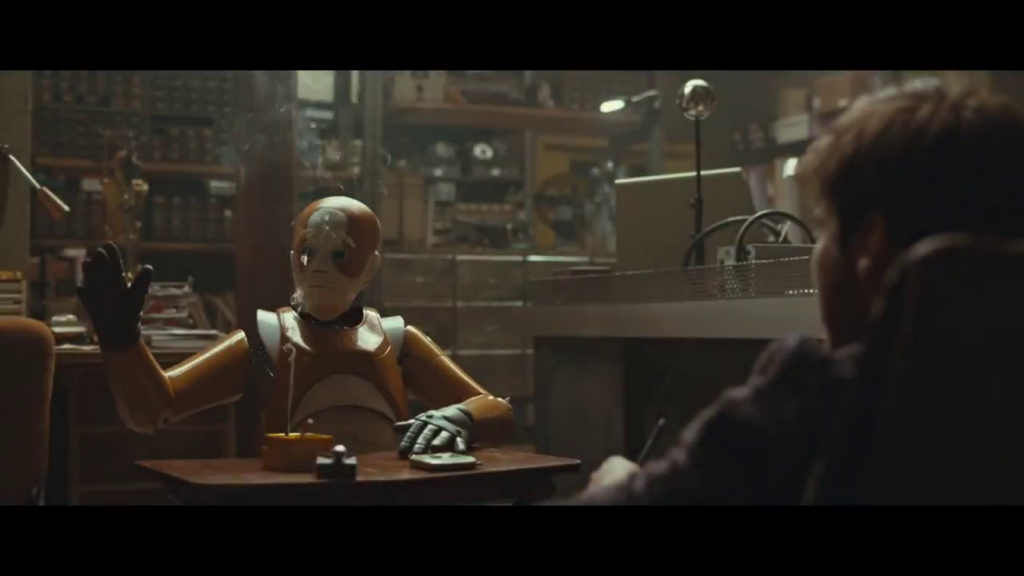
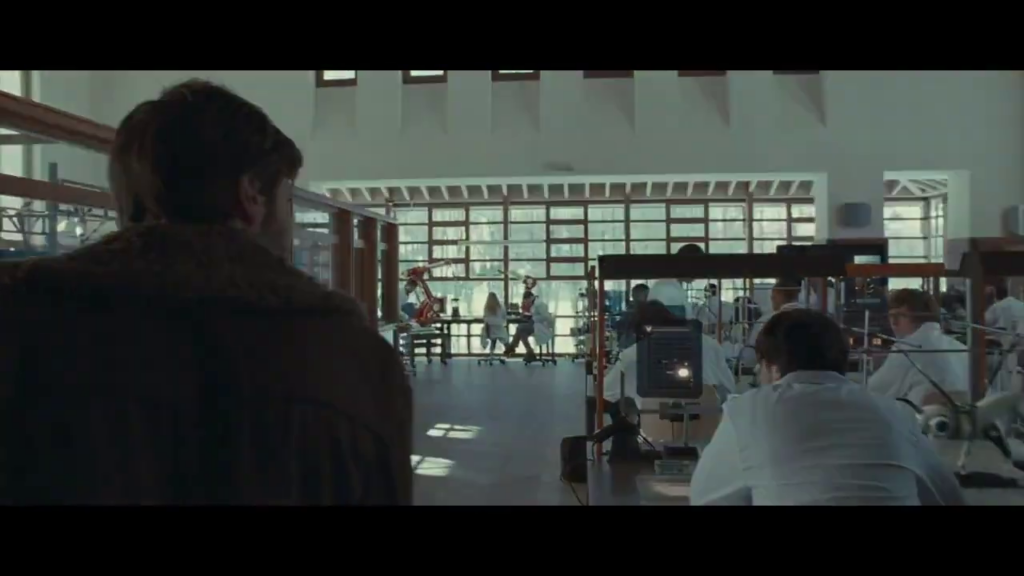
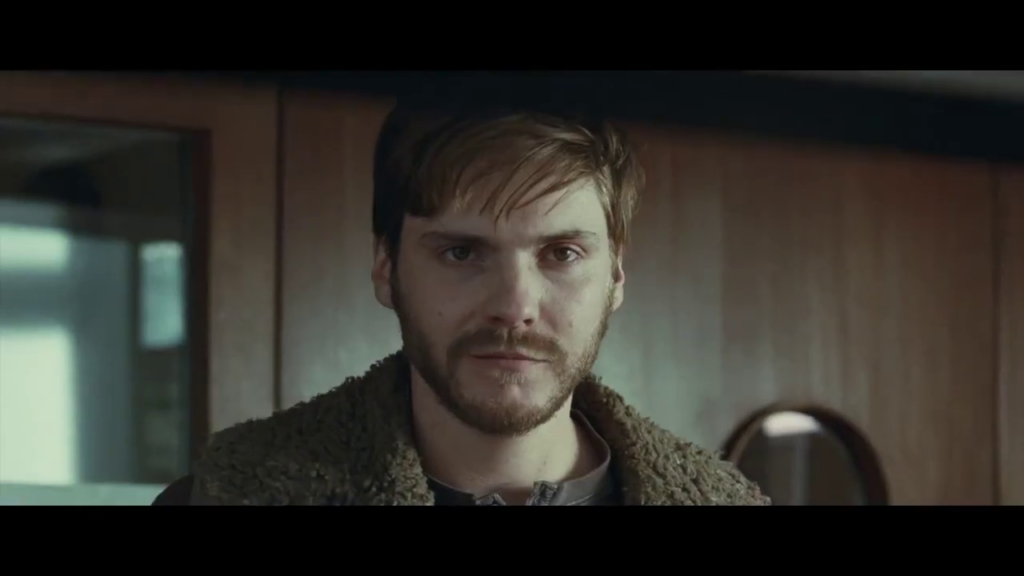
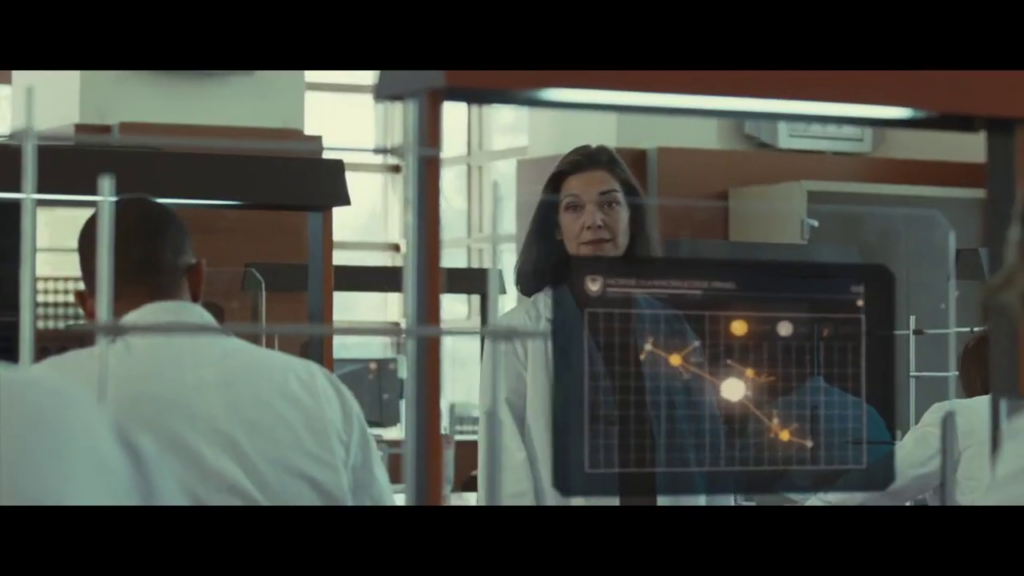
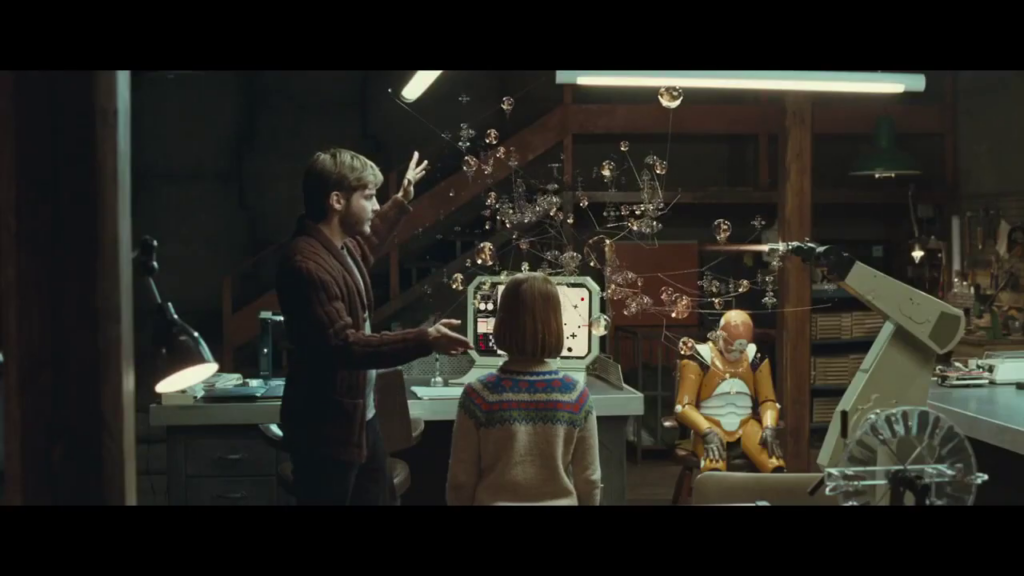
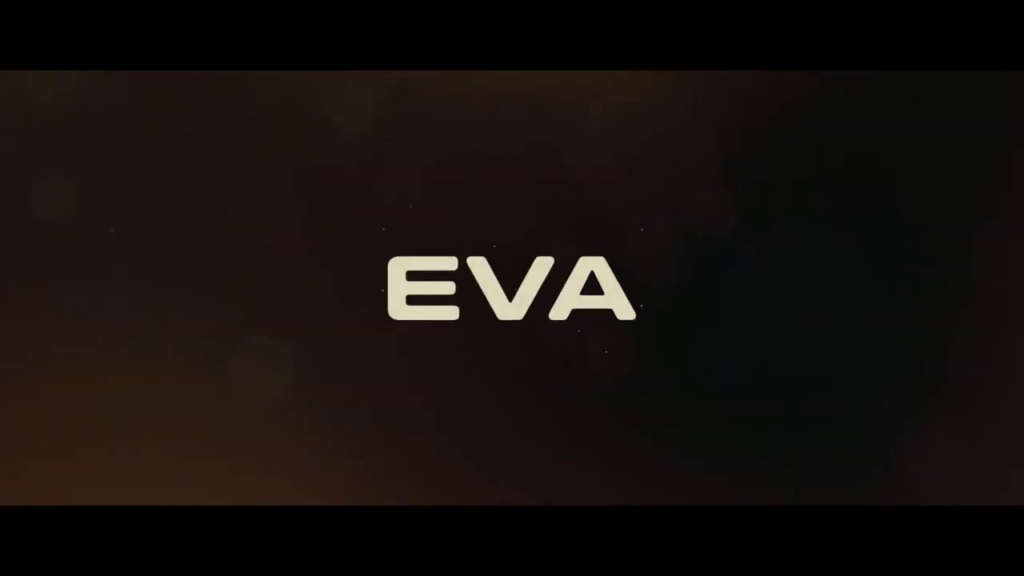
Eva (2011)
Film review #643
Director: Kike Maíllo
SYNOPSIS: Alex returns to his hometown after ten years when he is commissioned to finish building a robotic child with emotions that he abandoned ten years earlier. He chooses to base this child on Eva, a young girl who is the daughter of his Brother and former girlfriend.
THOUGHTS/ANALYSIS: Eva is a 2011 sci-fi film. Set in 2043, Alex returns to his hometown as he is commissioned to finish a child-like robot with emotional intelligence, which he abandoned some ten years ago. Looking for a child to base the robot’s emotions on, he comes across Eva, who later turns out be the child of his Brother and former lover. The core of the story is a recognisable sci-fi one, a commentary on humanity, robots and the like. There’s nothing too special here that hasn’t been said by other films. It’s simple enough to follow, but that’s mostly because there’s not a lot going on. We’re introduced to a world where robots are commonplace, but we don’t really get a sense of how this has really effected or transformed society. The film is more focused on the individual characters though, so that’s excusable to a point.
Given that the film does centre around the characters, the biggest flaw in the film is that there’s little to no character establishment or development. Alex is essentially a mystery: we know he left for ten years after developing robots, but nothing else. We don’t know his stance on anything, what has been happening in his life, or anything of the sort. As such, it’s difficult to connect the events of the film to how it affects his character because there’s very little to affect. Lana, Eva’s Mother, is essentially that: she only exists as a Mother and love interest, and suffers severely from her personality being that she is a woman, which shouldn’t really be a thing in 2011. The performances are decent, but it often feels like they’re given very little to work with. The effects and CG models are fine for the time, but the main robot lacks the intricate lifelike movement and expression that would make them more significant. There just seems very little at stake throughout the whole film: it doesn’t really matter whether Alex creates this robot or not; nothing really depends on it, he’s just doing it because…? also, it turns out that [SPOILER] Eva is actually an android that can basically do everything he is trying to do anyway, being built by his Brother and Wife beforehand. The decision he takes to shut Eva down because she can apparently be dangerous just doesn’t seem justified either: she loses her temper, but it just doesn’t seem like it’s much different than a typical child, so essentially killing her for doing it is a very strange thing to end on. It’s nicely shot and produced, but there’s a void at the heart of the film that fails to generate anything substantive, or make an emotional point due to some very poor character development. Reviews for Eva generally aren’t too bad, but honestly I can’t agree: the good elements fall away due to a lack of cohesion in the screenplay and characters, and there’s many films that broach the same subject that do it better.
-
#642 – Jiu Jitsu (2020)
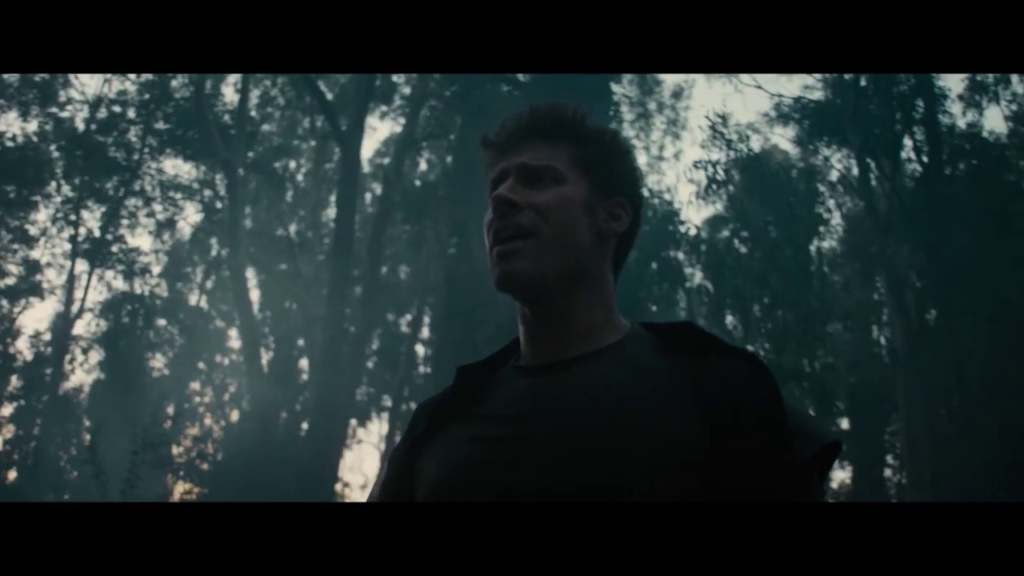
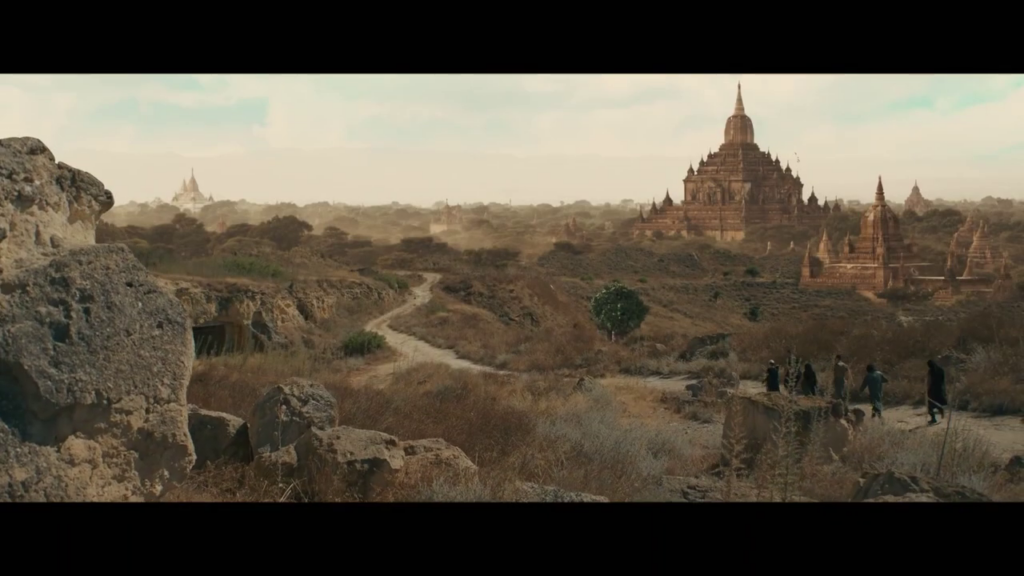
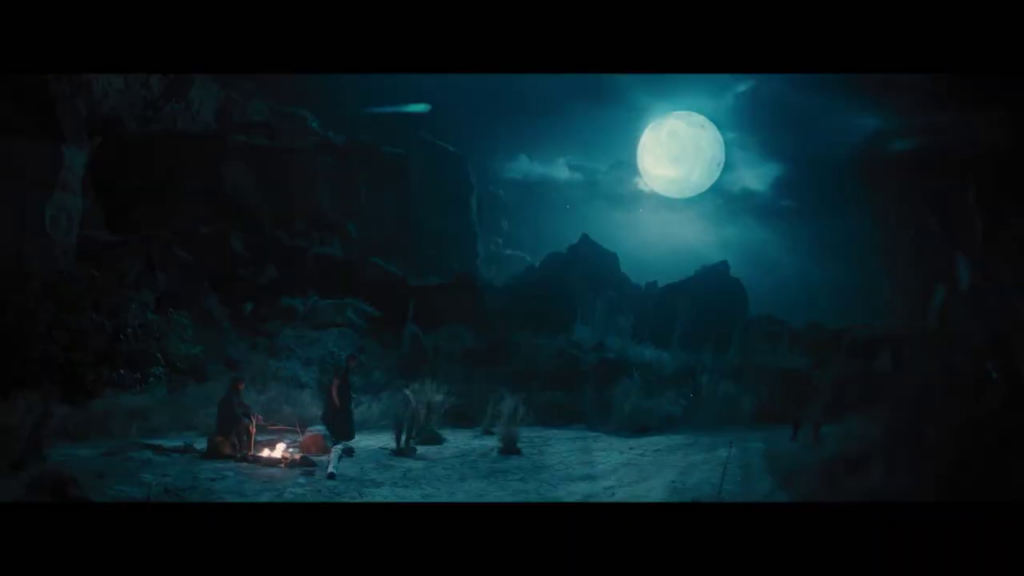
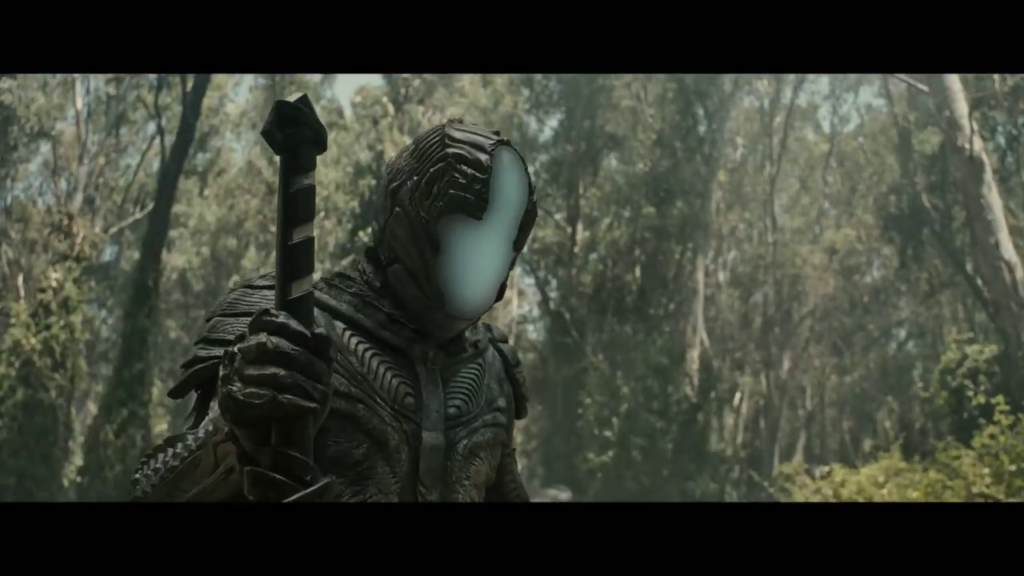
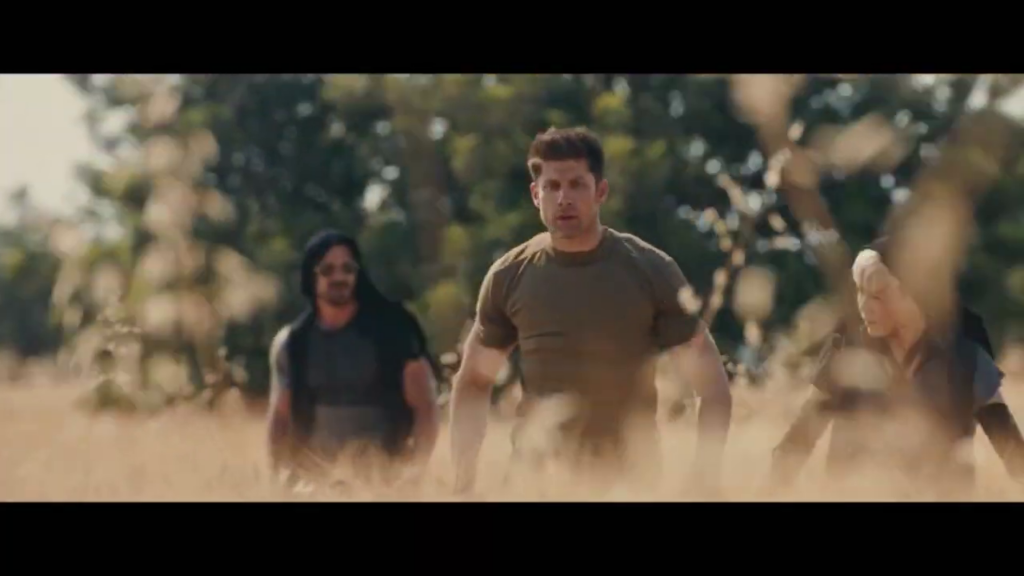
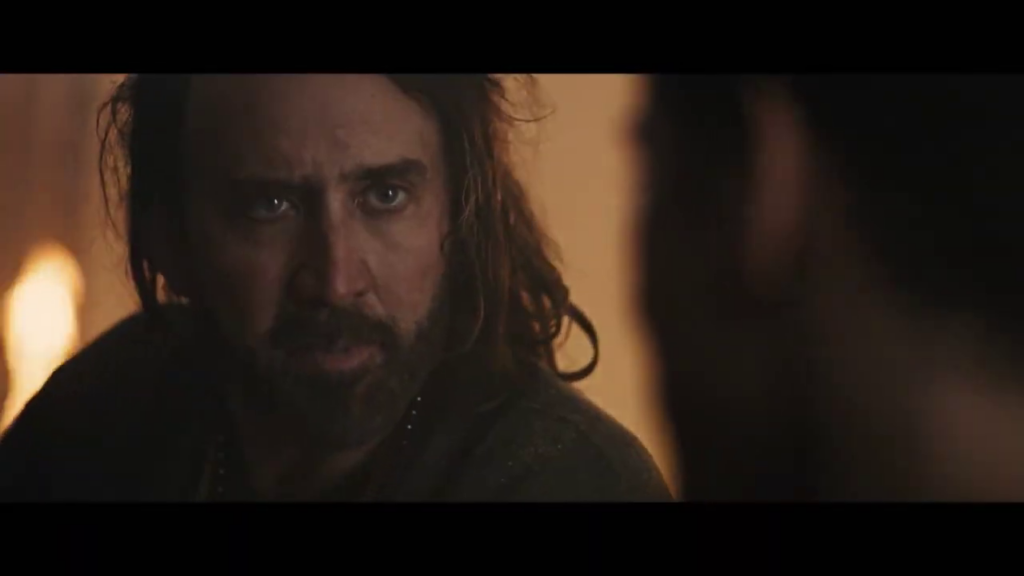
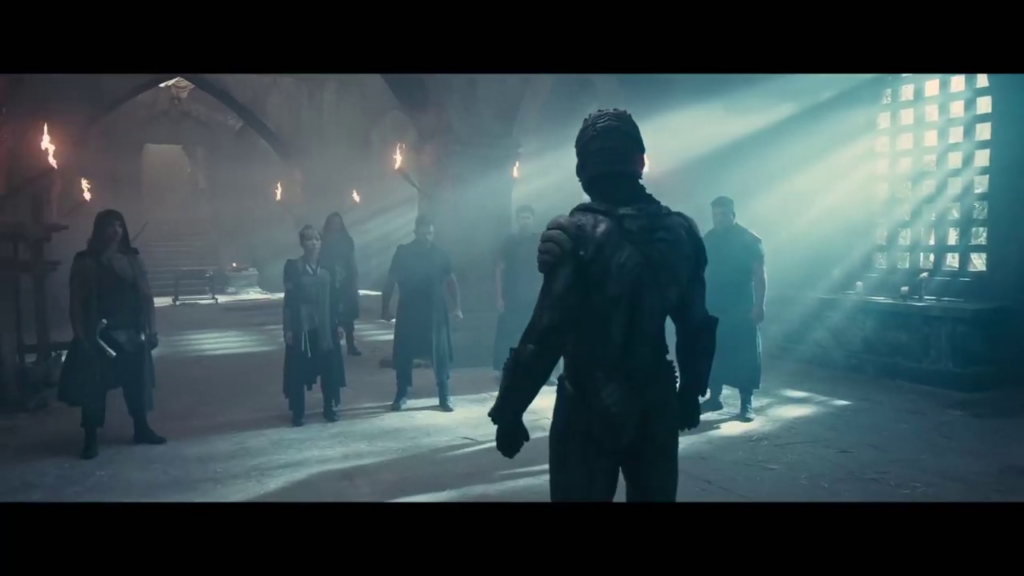
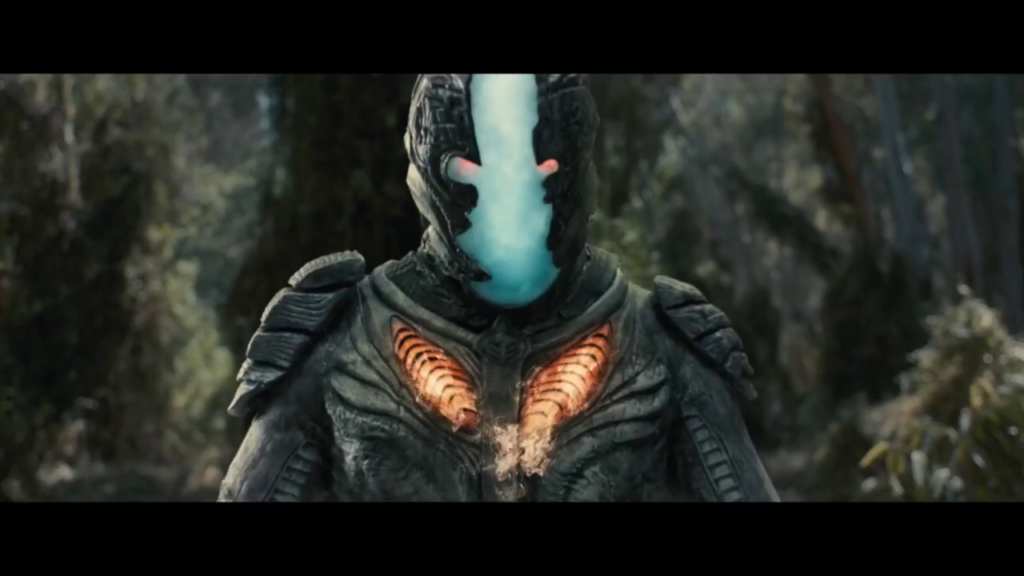
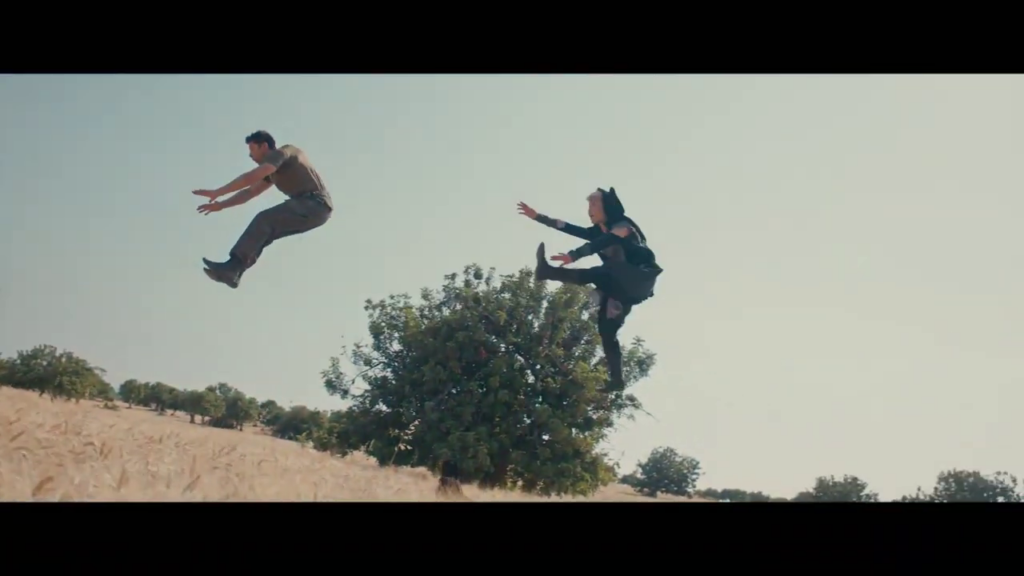
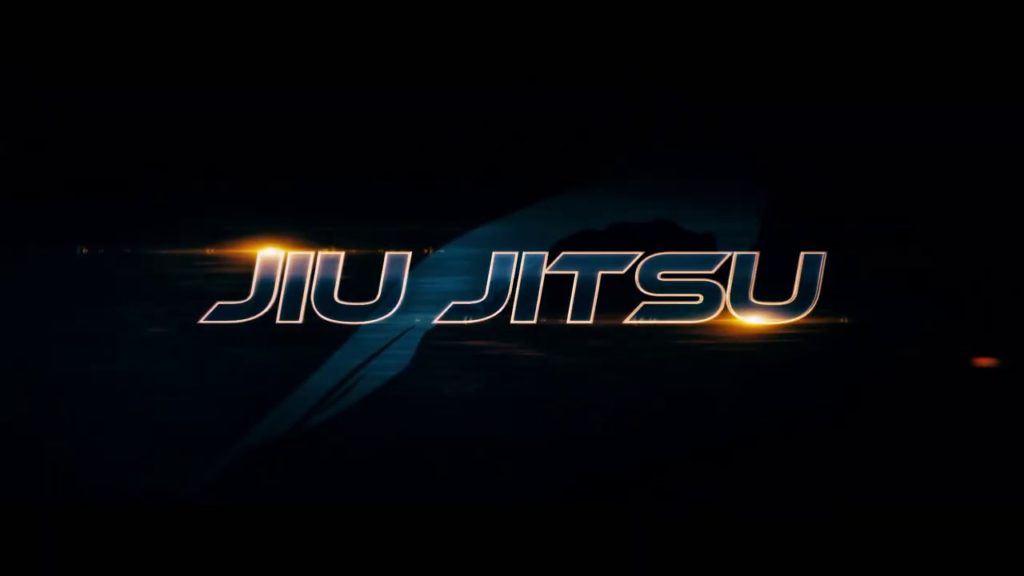
Jiu Jitsu (2020)
Film review #642
Director: Dimitri Logothetis
SYNOPSIS: Jake Barnes awakens at a military outpost in Burma with no memory. He is broken out of the base by a group of jiu jitsu fighters who tell him that he is one of them, and they are tasked with defeating an alien invader that visits Earth every six years, and who will destroy it if they fail to defeat him…
THOUGHTS/ANALYSIS: Jiu Jitsu is a 2020 sci-fi film. A secret order of jiu jitsu fights must off an alien invader that visits every six years through a portal in a Burmese temple, and if they fail, the alien will destroy the world. That’s basically the whole plot, and is essentially Predator with some martial arts. However, it’s complicated by all sorts of nonsense that doesn’t provide any world-building or interesting lore, but just a heap of stuff that distracts and bloats out the runtime. Having Jake lose his memory makes no sense and clearly serves no reason other than to have the plot explained to him for the viewer’s purpose. The martial arts itself is fine, but it often feels so forced, in the sense that the situations people are in don’t seem to call for specific actions, and it just doesn’t flow right. Copious amounts of dialogue try to say things or put the pieces of the world together, but serve to ultimately just make things more bloated. So much in this film is unnecessary fluff that doesn’t go anywhere or develop into anything.
The characters are all one dimensional and uninteresting. Even the ones that are obviously trying to fill certain roles (comic relief etc.) fall flat. Nicholas Cage doing his typical crazy act doesn’t really work here either. For a martial arts movie, there’s a lot of stuff that actually gets in the way of the martial arts (none of it is actually jiu jitsu, by the way). The film sometimes opts for a comic book style transition between scene, which somewhat makes sense, but doesn’t commit to it for more than a third of the film. For some reason as well, there’s portions of fight scene near the beginning of the film that are shot from a first-person perspective, which makes no cinematic sense, and is completely at odds with the rest of the film: again, if you’re going to use one of these techniques, then at least commit to it. I honestly can’t fathom what the vision or direction is in this movie: it’s just stuff thrown in front of the camera, and any attempt to justify it somehow makes everything worse. It’s not even something you can just mindlessly enjoy either, it’s just too baffling and inconsistent to not pay attention to. It’s not that the cast is bad either; they’re just given nothing to do or to work with. I honestly can’t work out what this movie’s vision is or what it is trying to accomplish, and obviously no one else could either: the film was an absolute bomb at the box office. Jiu Jitsu is a poor attempt at martial arts and sci-fi where nothing hits home.
-
#641 – Ad Astra (2019)


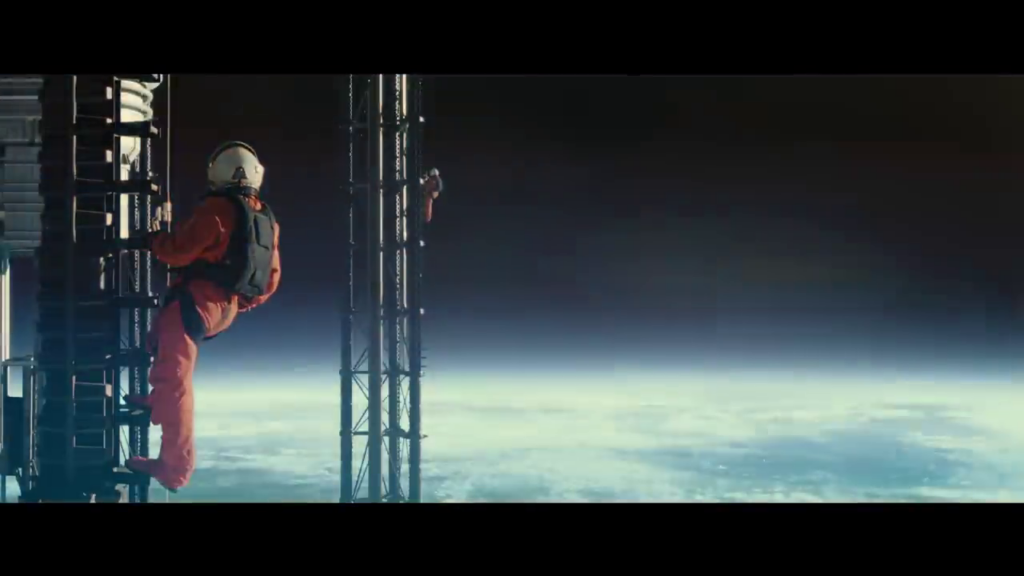
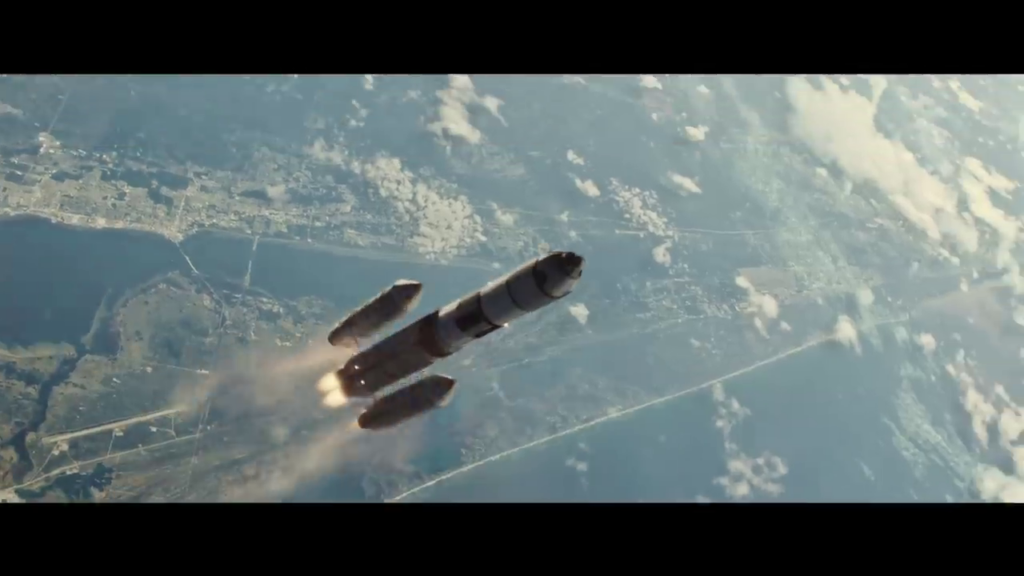
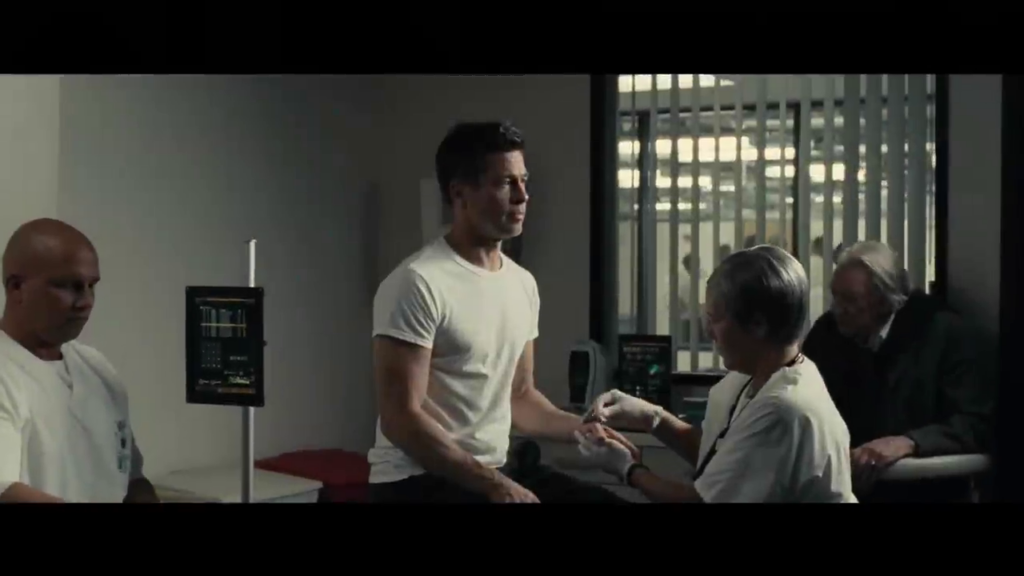
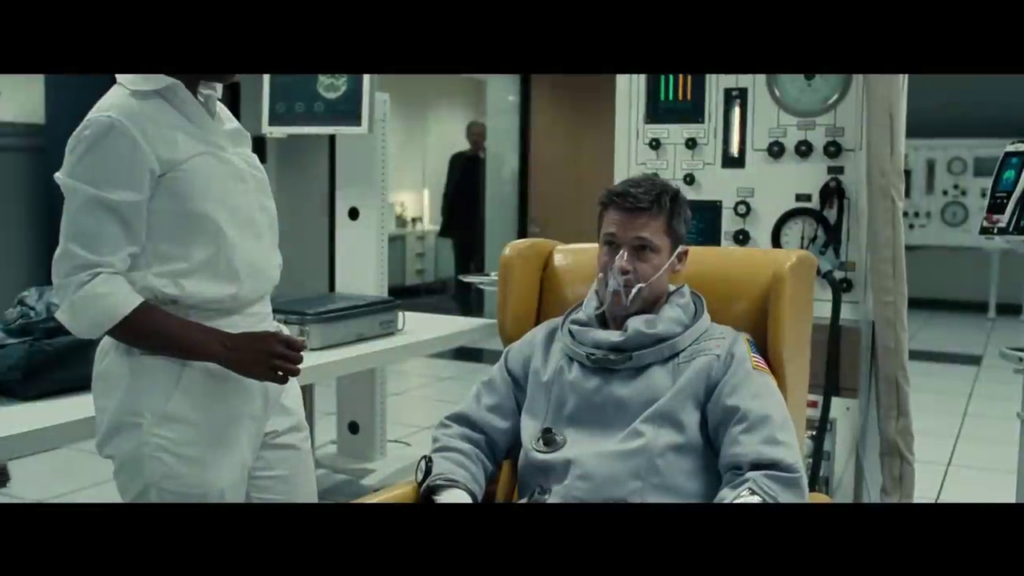
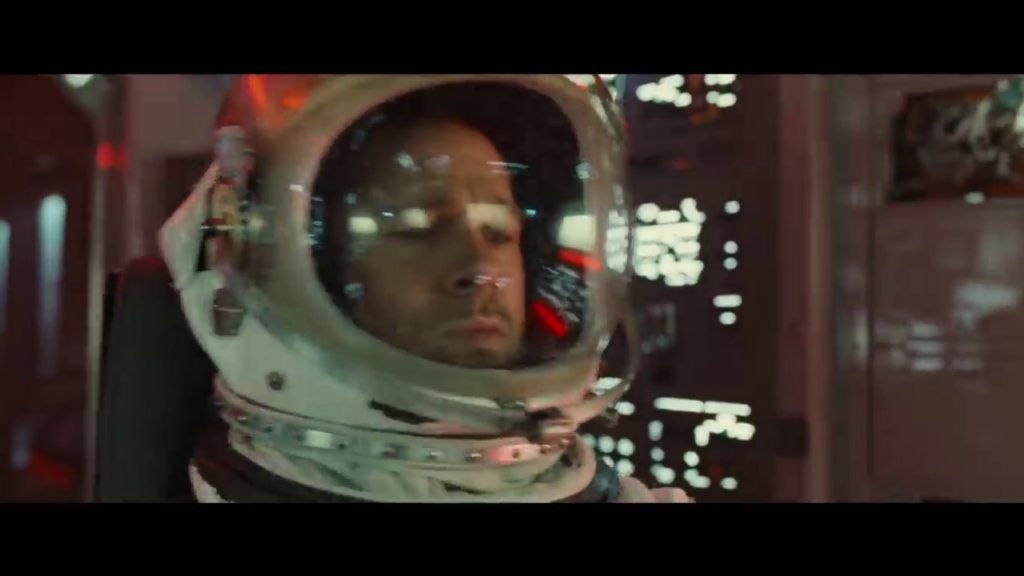
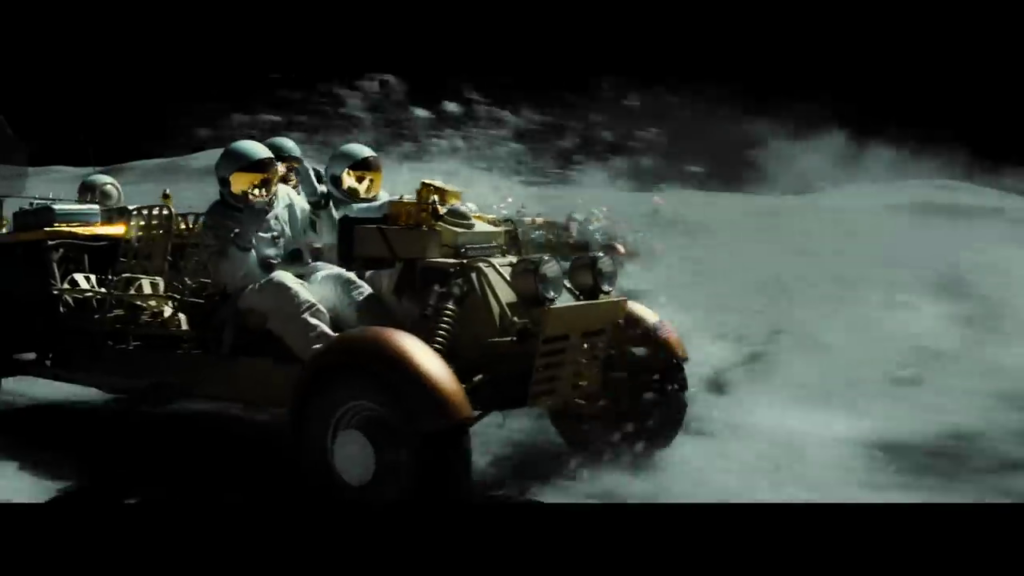
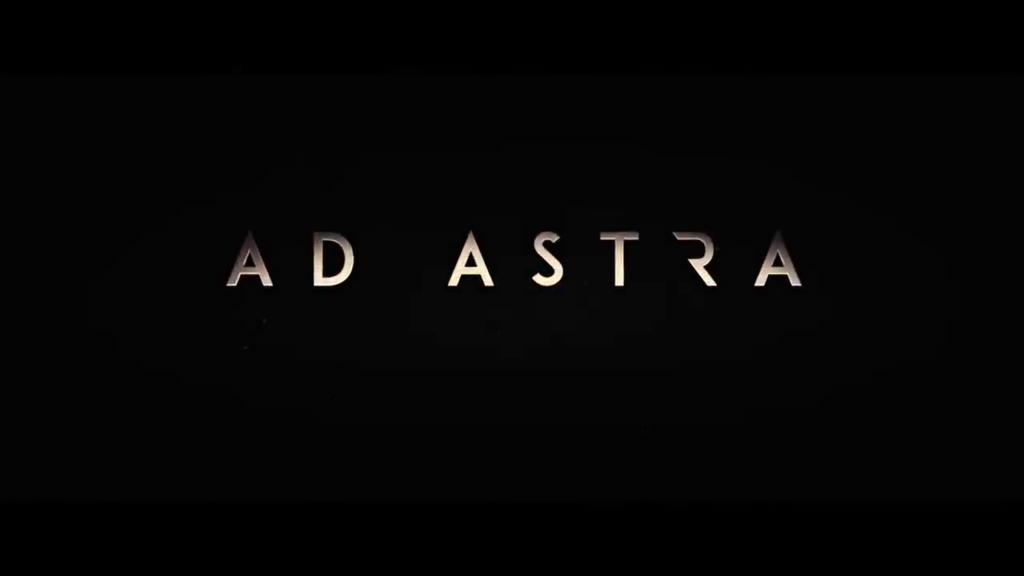
Ad Astra (2019)
Film review #641
Director: James Gray
SYNOPSIS: Following an energy surge originating from Neptune that disrupts electrical systems worldwide, Roy McBride is given a mission to travel to the planet, where a top secret project lost contact with earth many years ago, and headed by Roy’s Father. Believing Roy’s Father is still alive, he is tasked with sending a message to his father to try and re-establish contact, and begins a perilous journey across the Solar System to reach him…
THOUGHTS/ANALYSIS: Ad Astra is a 2019 sci-fi film. With a surge of energy causing global chaos, astronaut Roy McBride is assigned a top-secret mission to send a message to a secret project sent to Neptune, and led by Roy’s Father, who is believed to still be alive. Thus begins Roy’s (Brad Pitt) journey through a perilous solar system to reunite with his Father. Following in the vein of psychological sci-fi films such as Gravity, Moon and of course 2001: A Space Odyssey, we get a journey through outer space as well as the human condition. Where this film shows it’s strength is in its audio and visual design: the spatial structures and sets are detailed, special effects are nice, and you get a good sense of scale of the vast emptiness of space that compliments the emotional space within Roy that his Father left. The audio design is also pretty solid: noticeably, the film attempts, to some degree, to recreate the sound or lack thereof, in space: action scenes that take place in the vacuum are devoid of sound or very limited, which again reflects a sense of solitude and emptiness that the film is aiming at. Where the film falters is a spotty script that feels a bit chopped up as you move from one location to the next, distracting from the experience to constantly remind you that you’re in a film with scripted action scenes and dialogue that are paced out in a timely manner.
Brad Pitt pulls in a good performance as the lead Roy McBride: masterfully embodying the quiet undertakings of a man who has to not display emotion for his job, and also grappling at the emptiness within him. Pitt makes it look effortless, but not in a way that he doesn’t know what he’s doing. The rest of the cast play their parts well, but don’t really stand out, which again is important because the film centres around the protagonist’s relationships or lack thereof. One stand out is Donald Sutherland’s character who is leaned on distinctly in the first act, but doesn’t seem to serve the film in anyway, which makes his disappearance not have the effect it wants. The film’s payoff at the end throws a curveball, but it fails to really hit properly. What it gives us isn’t what we expect, but opens up new possibilities. the trouble is I don’t thin that is really what the film is about, and just giving us something completely different at the end doesn’t reflect on the journey in anyway.
While I praised the sound earlier for at least trying to simulate how sound might be heard in space, there are quite a lot of scientific liberties taken with zero gravity and whatnot. If the film wanted to be a psychological sci-fi epic, it should have really gone all in and put as much effort into the science as they did the audio and visuals. As it stands though, the story comes across as vague, and the need for awkward action scenes that forego the necessary scientific rigour leave it in a middling ground between epic and blockbuster, with only a few elements (again, the visuals and audio design) to stand on. Ad Astra is very much a style without substance film that fails to fully invest in what it wants to be. While it’s style is certainly noteworthy, it’s not enough for the whole film to revolve around.
-
#640 – A Martian Christmas (2009)
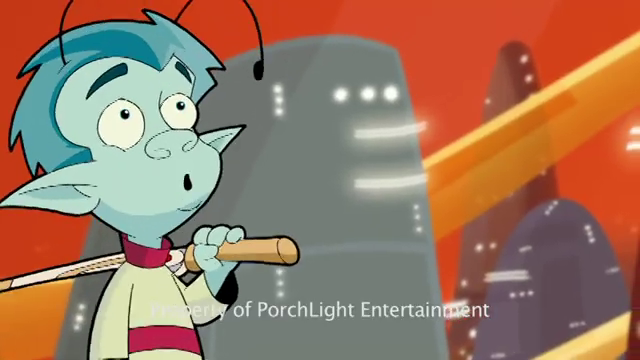
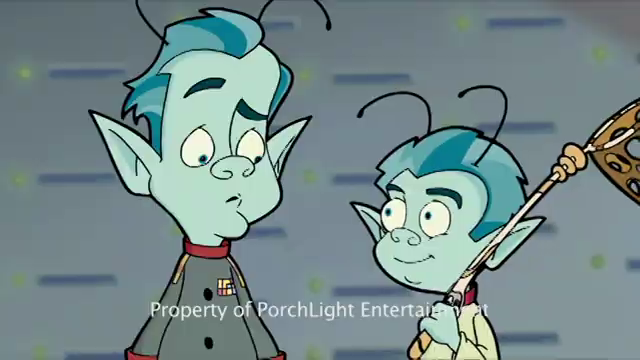
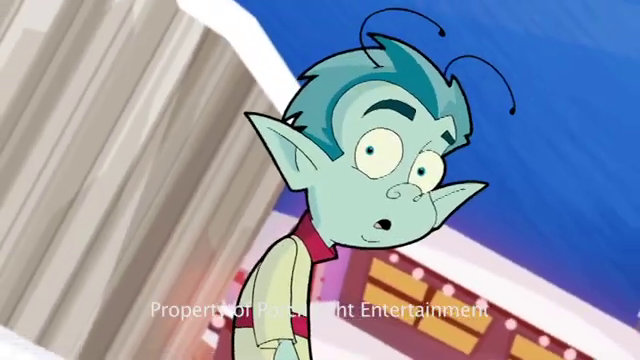
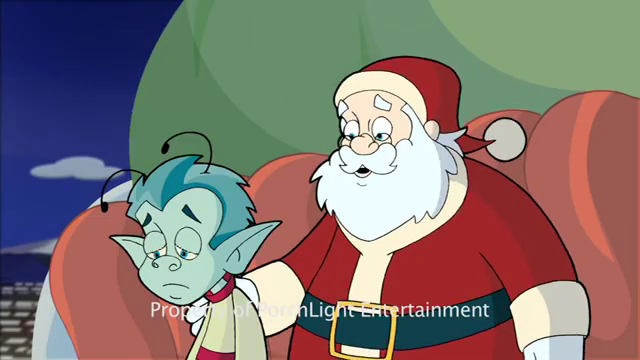
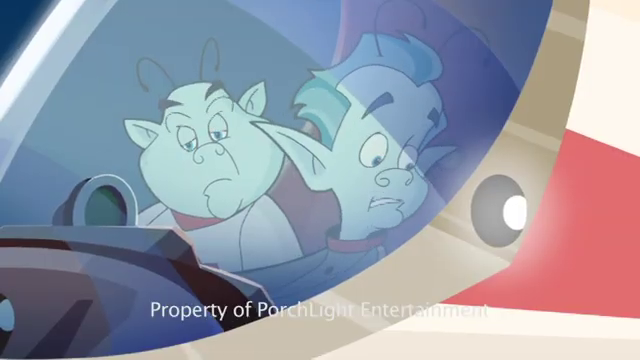
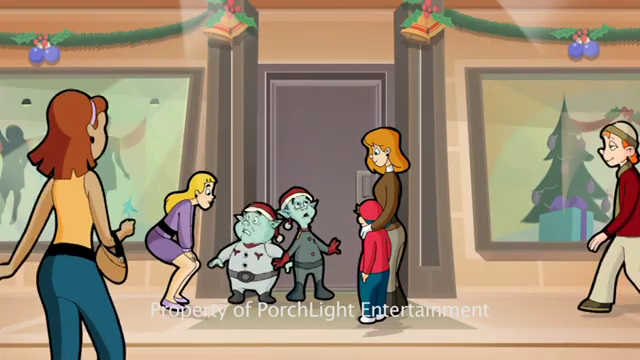
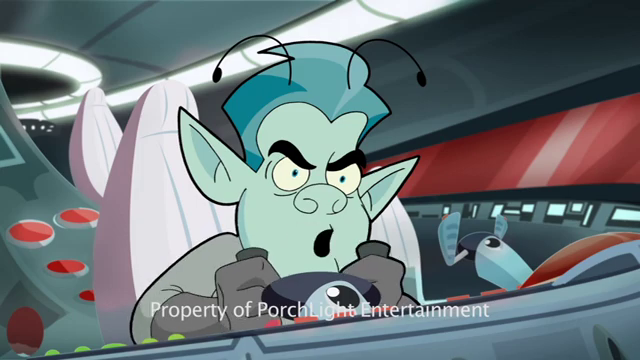

A Martian Christmas (2009)
Film review #640
Director: José Alejandro García Muñoz
SYNOPSIS: When Martians discover a space rover from Earth, they assume it is a spying device, and identifying Santa Claus as the Earth’s leader, send a ship to Earth. Zip wants to spend time with his Father Zork, but since Zork has been chosen to fly the ship to earth, Zip stows away on the ship and accidentally jettisons himself in an escape pod. Alone on Earth’s surface, he must find his way back to his Father and discover the true meaning of Christmas along the way…
THOUGHTS/ANALYSIS: A Martian Christmas is a 2009 sci-fi Christmas film. It is somehow the fourth Christmas film about Mars and Martians, after Santa Claus Conquers the Martians (1964), The Christmas Martian (1971) and Christmas on Mars (2008). This time around, the Martians discover an Earth space rover which they believe to be a spying device used for a precursor to an invasion. Spying on Earth, they see humans being their miserable, aggressive selves, and determine Santa Claus to be their leader, who is going down people’s chimneys and stealing their things. The Martians decide that they need to strike first, and send a ship to Earth. This is a family Christmas film with all the typical themes thrown about that offer no surprises, even with the sci-fi twist. The first part of the film introduces us to the Martian society a little, but given that the runtime is under forty-five minutes, it takes far too long to really get into the Christmas section of the story. The intricacies of Martian society that the opening pours over don’t really establish that Christmas spirit enough, and being a film that’s aimed at children, I’m not sure it’s going to really maintain their attention.
The main thread of the story being a typical Father not spending enough time with his son doesn’t really inspire much Christmas spirit or uniqueness. It becomes more festive as the film moves to Earth, but again given the runtime, there’s not enough space to develop the new characters it introduces, or develop a coherent narrative. It gets in a few jokes, some mild peril and the like, but there ends up being too many characters scattered about doing different things to bring anything together. The character designs on the Martians are nice enough, but there’s an inconsistency between the characters, backgrounds and special effects that are a mish-mash of 2D animation and 3D CG that fails to give the film a memorable look. A Martian Christmas is not going to become a Christmas classic, due to having way too much going in in such a short runtime, and not producing anything memorable in terms of characters, humour, or Christmas spirit. It also had a very limited release on DVD, so even if it was good, nobody would have seen it to make it something families would return to year after year.
-
#639 – Boss Level (2020)
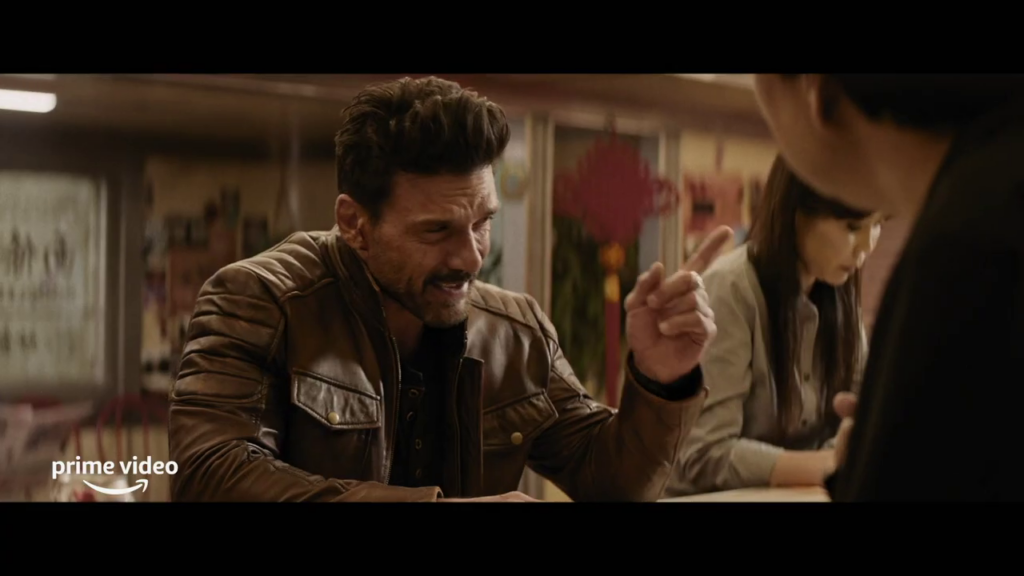
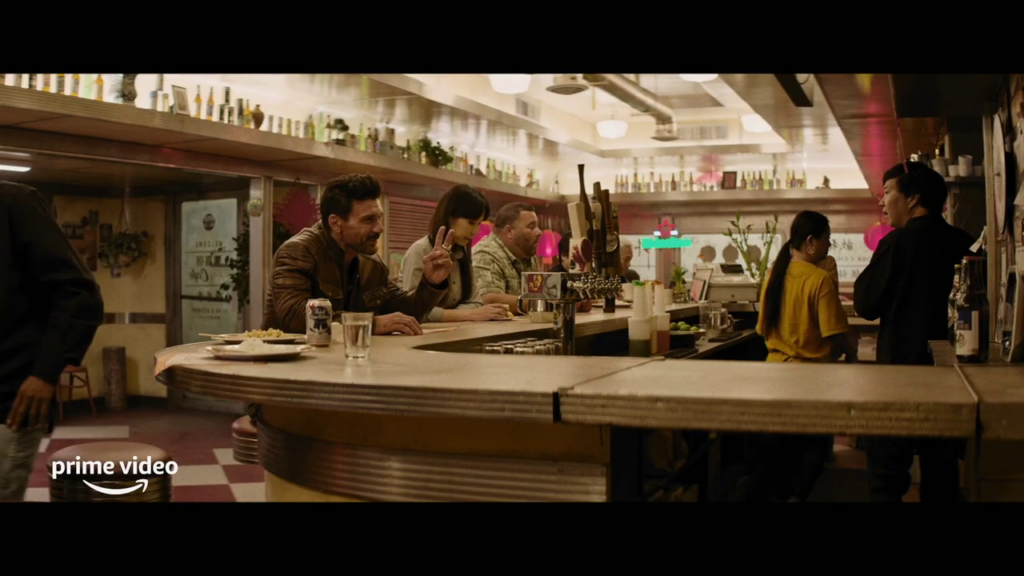
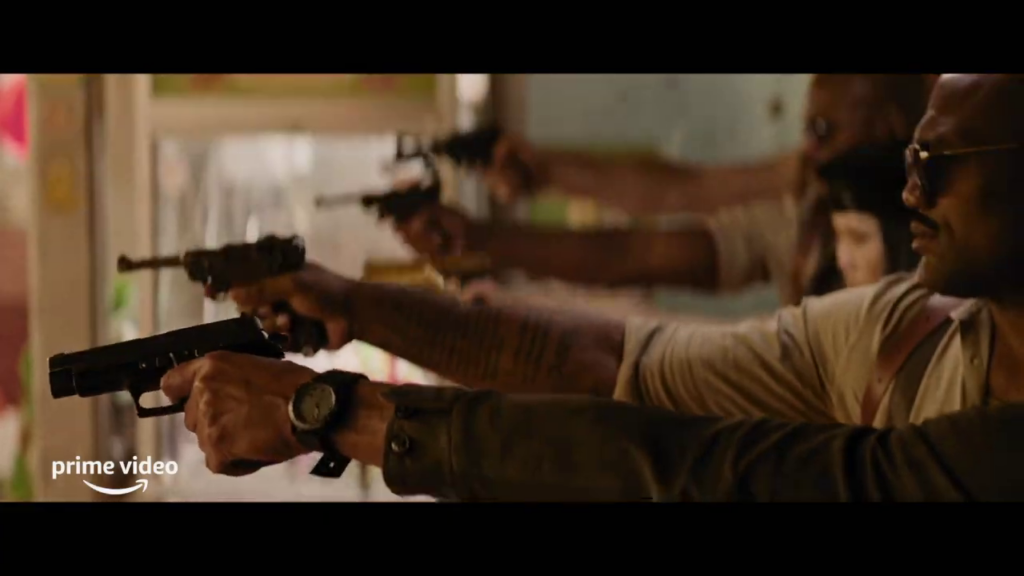
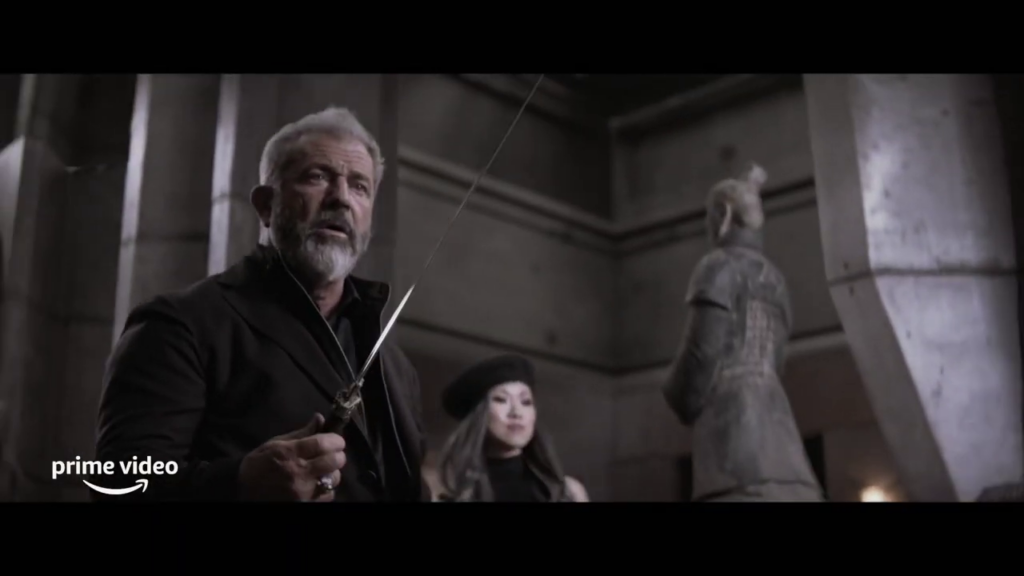
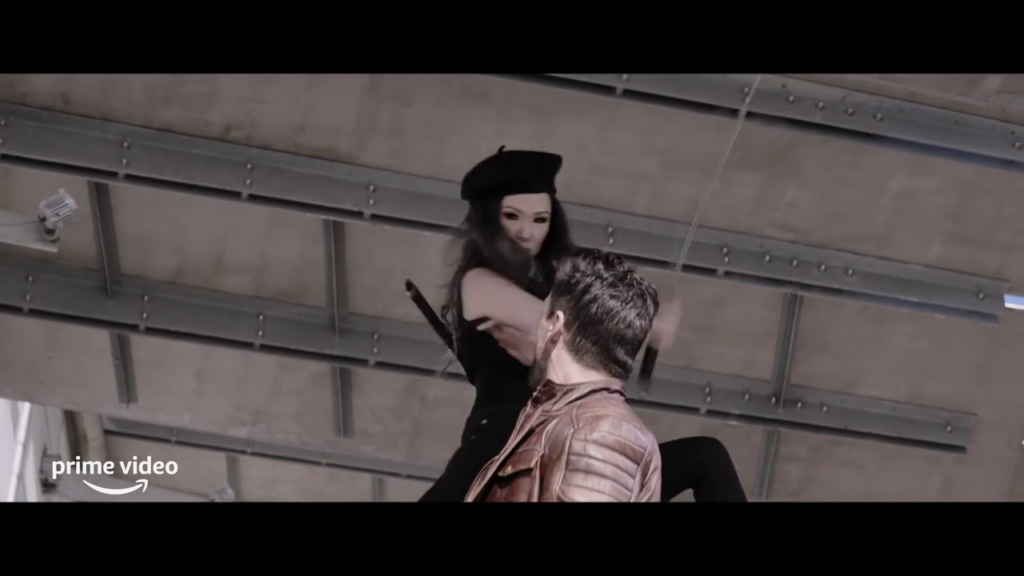
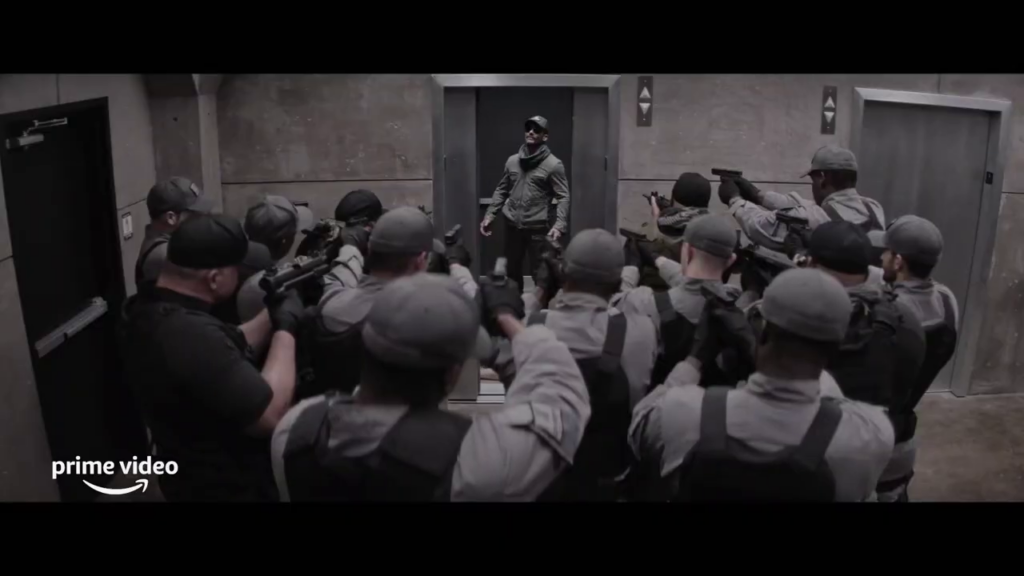
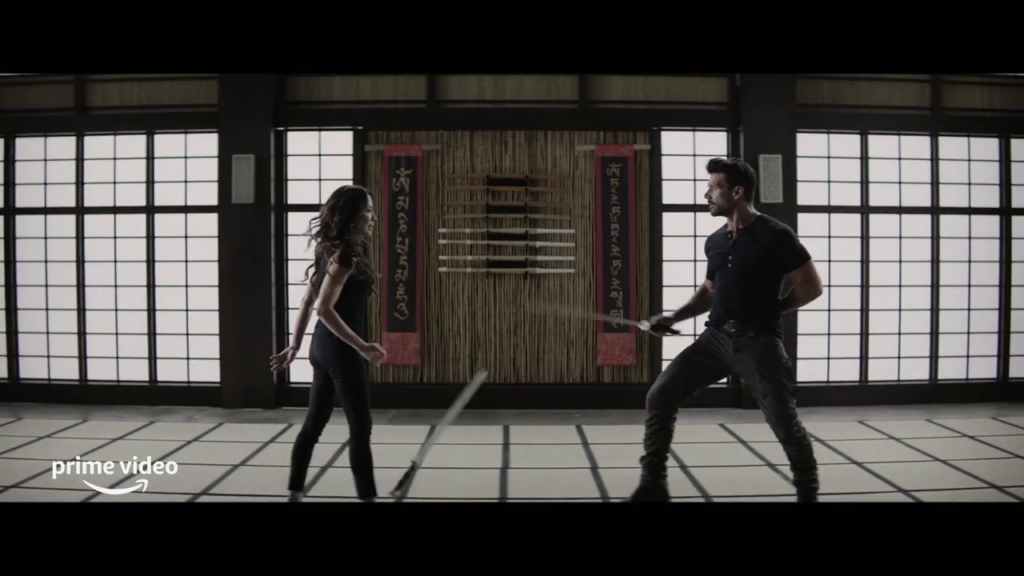
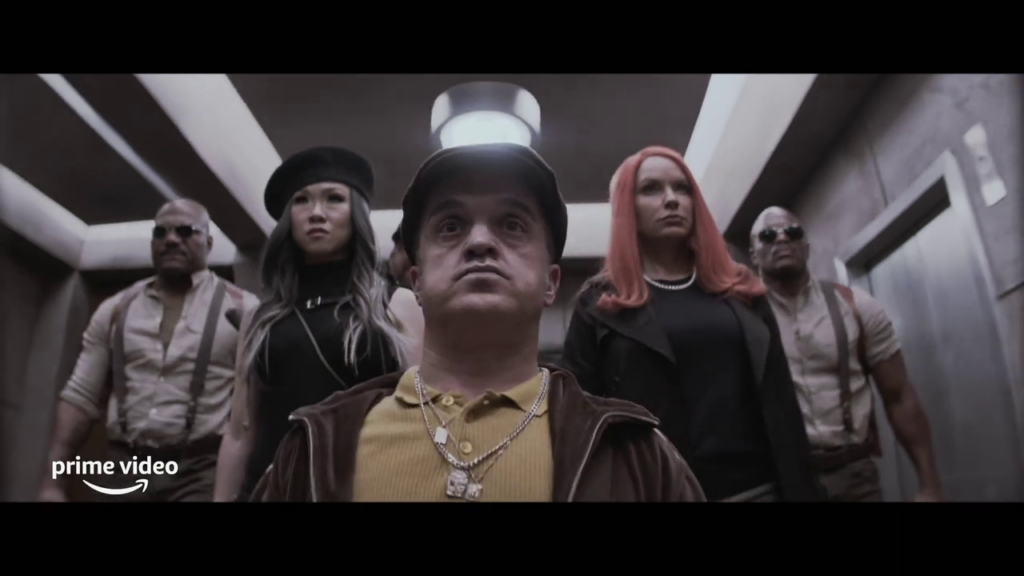
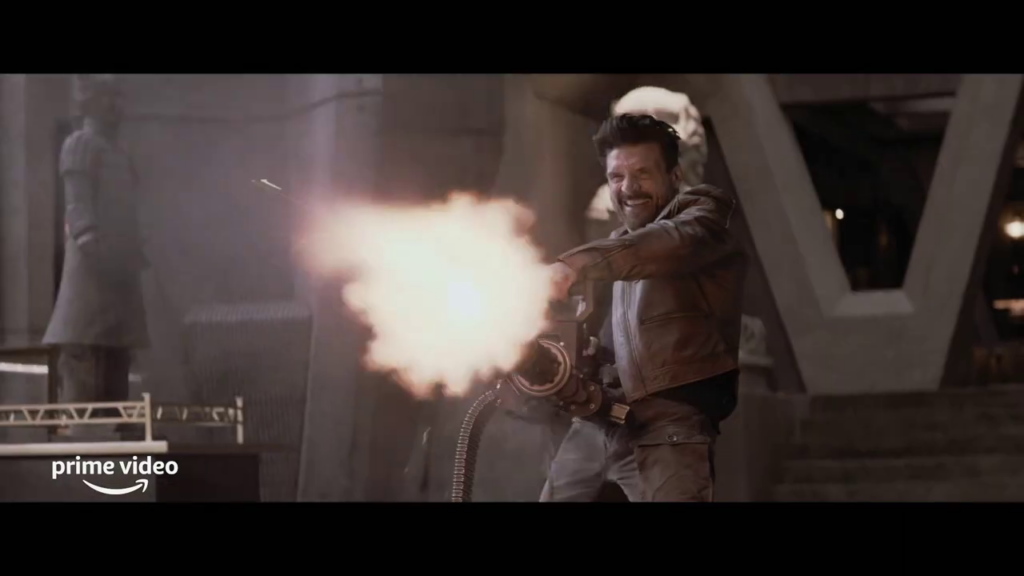
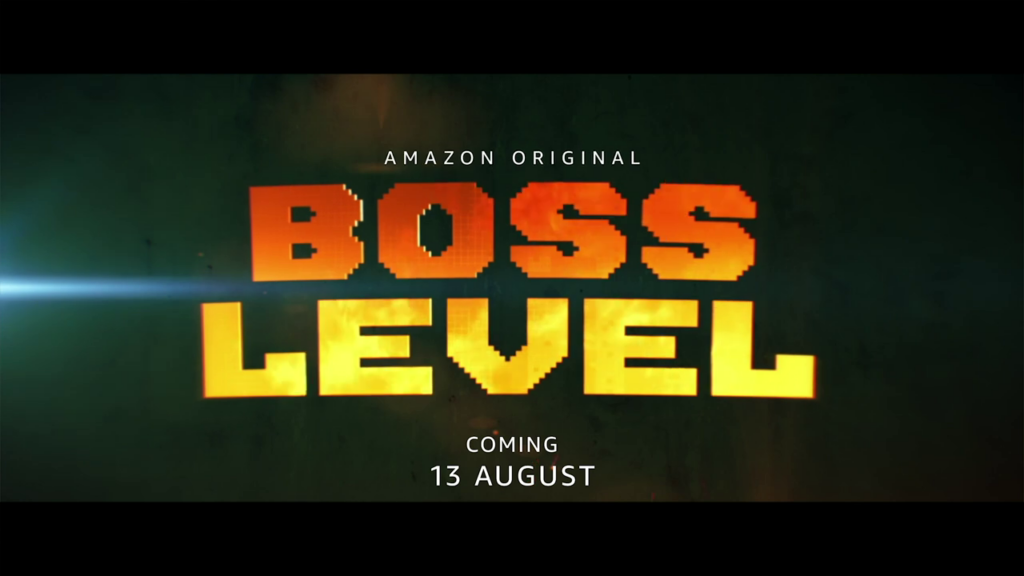
Boss Level (2020)
Film review #639
Director: Joe Carnahan
SYNOPSIS: Retired special forces operative Roy Pulver is being forced to live the same day over and over, being chased and killed by a group of assassins that want him dead for some reason. He tries to work out the reason why all of this is happening and how to stop it, eventually learning it may have something to do with his ex…
THOUGHTS/ANALYSIS: Boss Level is a 2020 sci-fi film. Retired special forces operative Roy Pulver is living the same day over and over, until he is killed by one of the many assassins that want him dead. The Groundhog Day setup provides a familiar backdrop to this constant tour de force of action and violence. The plot itself barely tries to make sense; it’s just the backdrop to a wild ride as Roy tries to constantly make it further in the day than he has lived before, and untangle the mystery of why this is happening to him. The film is at its best when it can just let loose with some cartoony, over-the-top action sequences, keeping it fresh with every attempt Roy learning or trying something new. The film stutters a bit when it throws in all the drama with his ex, son and just the end of the damn world, and never really finds a proper place for them, but they’re overshadowed by the sheer entertainment of the action parts. There’s a theme running through the film – as the title suggests – of a video game motif of redoing levels and/or bosses each time you die in game, but this doesn’t really factor into the film bar a bit of aesthetic flair and a bit of bonding with Roy’s Son. It’s a an underdeveloped concept that perhaps feels like it got written out or downplayed during re-writes to make the film a bit smoother. This could have made the film a bit more unique and provided a more lasting impression, but as it stands, it’s not to memorable, but again, it’s still a fun ride while it lasts.
Bolstered by a surprisingly recognisable and established cast including Frank Grillo, Mel Gibson, and Naomi Watts, everyone turns in decent performances, although they could all have done with more development. I suppose this is hard though, when they are all unknowingly living the same day over and over, so can’t really evolve over the course of the film. The assassins sent after Roy are a cartoon-ish cast of villains that are fun to watch and provide their own flair. It’s definitely fun to watch Roy learn to overcome the obstacles in front of him and unravel the conspiracy in front of him, and the film is brought to life with some cool stunts, although the special effects are sometimes a bit off. Where the film takes a sharp dive: it’s one of those films that just…ends abruptly. I get that the film takes place in one loop, and leaving the future outside it ready to be written, but the way it is done here leaves very little ending or resolution: we just get a bit of explanation, and then it just stops. I don’t want to focus on the negatives too much, because they are vastly overshadowed by how fun the film is, and the ride it takes you on is more than enough to make it a good watch. More could have been done with it for sure, but what we get is surprisingly fresh, undoubtedly exciting, and plenty of fun.
-
#638 – Big Ass Spider! (2013)
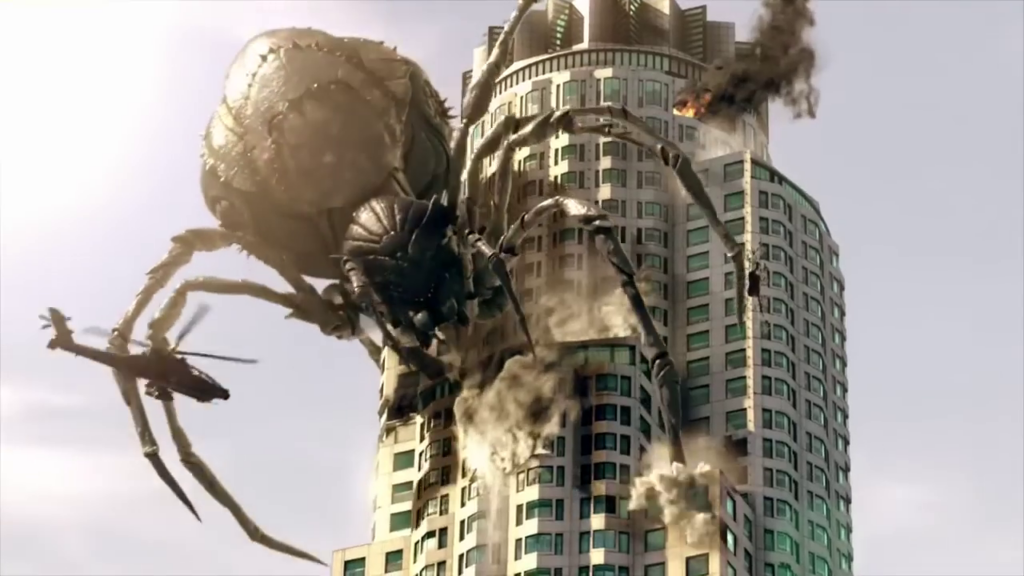


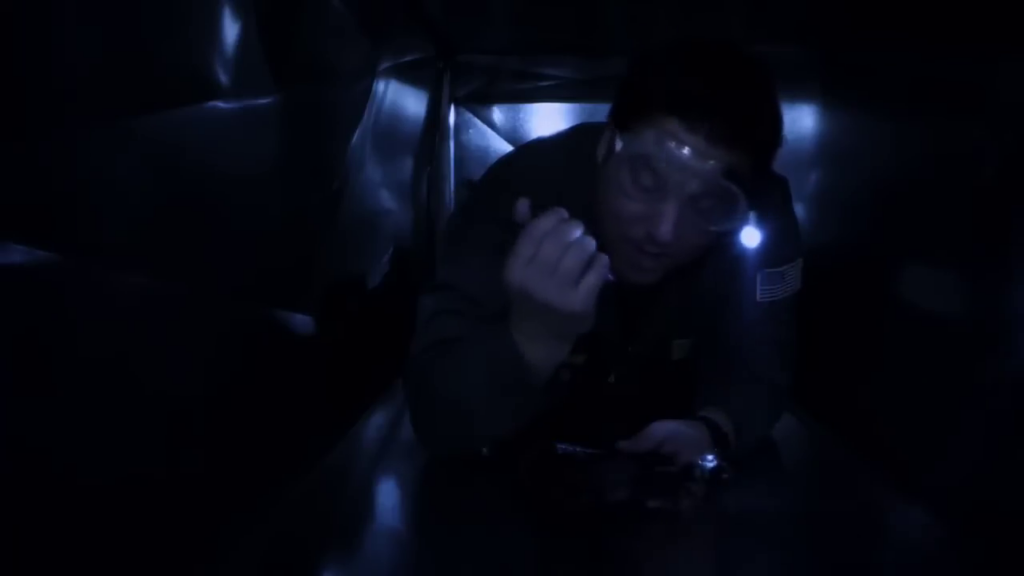

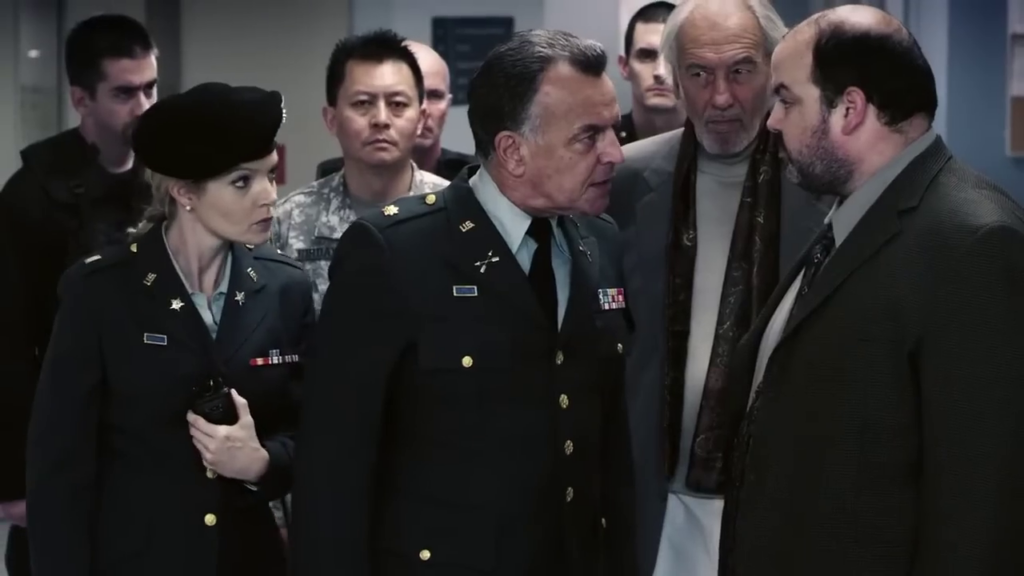
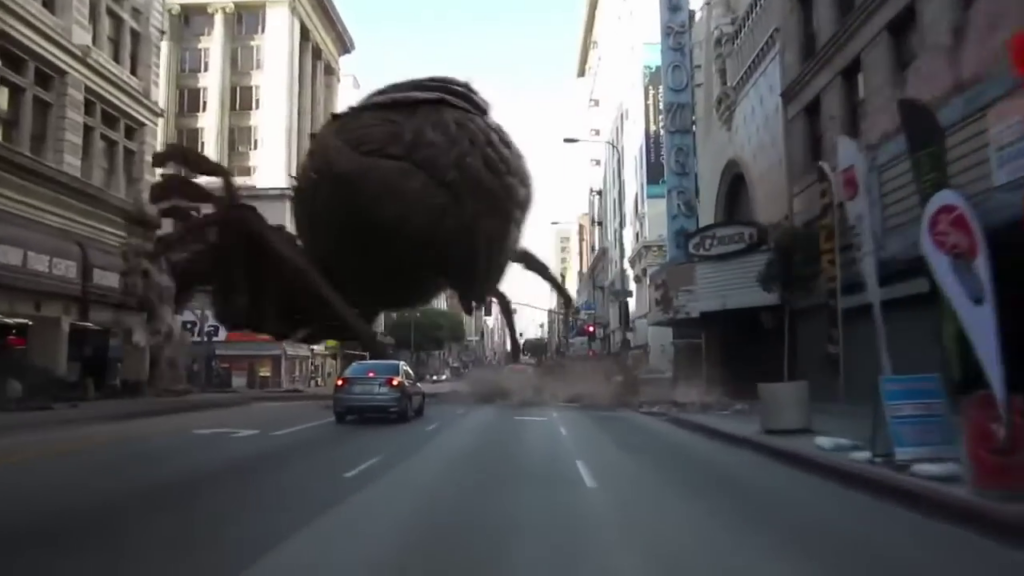
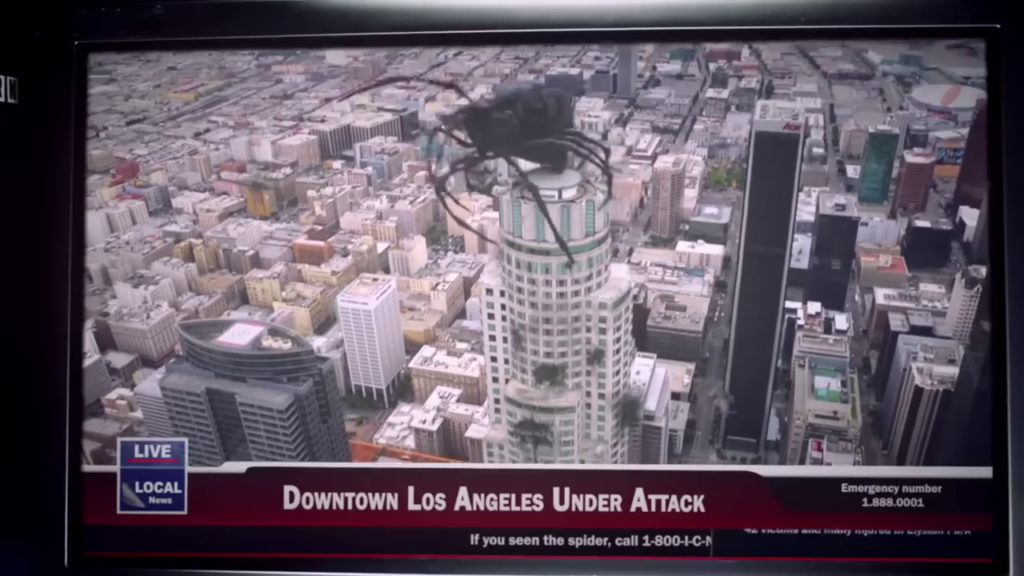
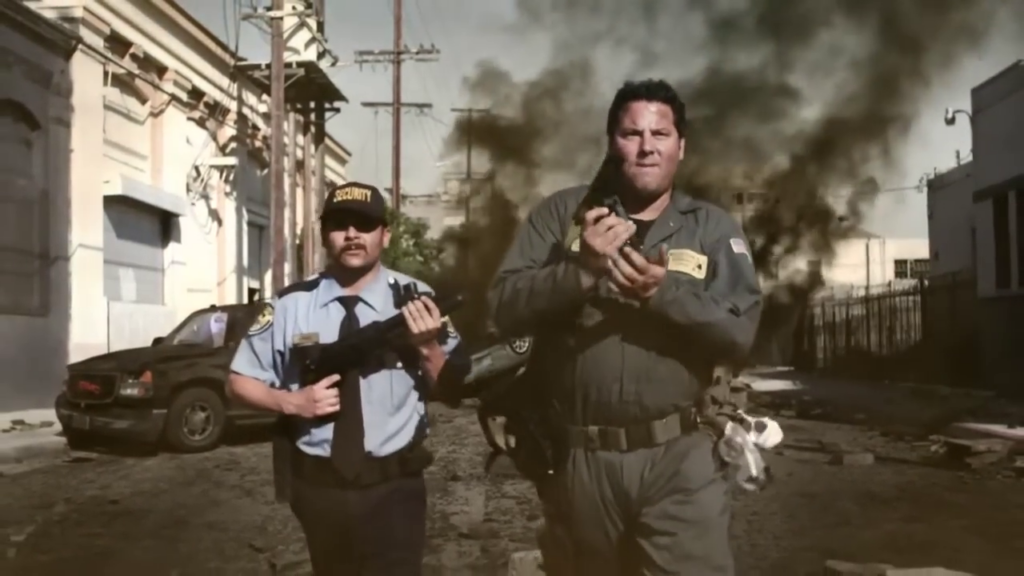
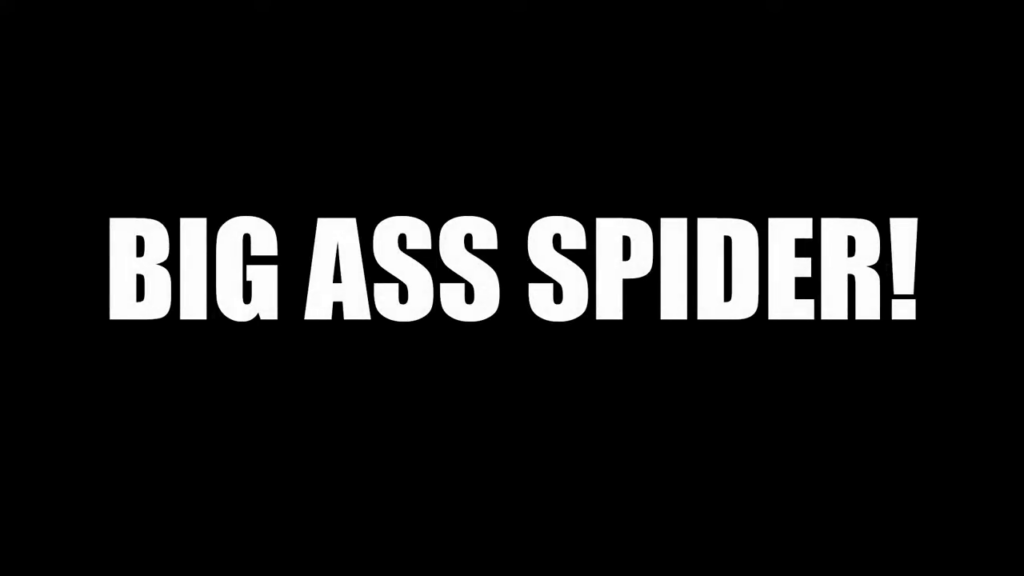
Big Ass Spider! (2013)
Film review #638
Director: Mike Mendez
SYNOPSIS: A lowly insect exterminator gets in over his head, as a giant spider that escaped from a military research facility starts to wreak havoc on a hospital. It’s a race against time to destroy the spider before it grows ever larger and begins to reproduce…
THOUGHTS/ANALYSIS: Big Ass Spider! is a 2013 sci-fi film. Starring Greg Grunberg as cash-strapped pest controller Alex Mathis, he gets caught up in the usual sci-fi shenanigans of a mutant experiment gone wrong, and escaping from a military research lab to wreak havoc. Slipping into the role of a film that recognises that is cheap schlock and a homage to the b-movie monster film in equal measure. It doesn’t try to be anything else, and it feels fairly comfortable in it’s role, as the cast try to stop the spider before it continues to grow and eventually reproduce. The film does have some highlights though: the gore is well done, with faces being ripped off and the like, and adds a bit of excitement to the film. On the other side, the film keeps a sense of fun, so you’re never bogged down too much in the film trying to take itself seriously. maybe these two things don’t mix too well, but in keeping with it being cheap shlock that knows what it is, it isn’t too much of a problem.
I thin the best way I can sum up this film is that it feels like a cartoon: the characters are seriously one-dimensional, and every scene with them in is so predictable with regards to what they are going to say. The prime example of this is the security guard whose only role is being the comedy relief and being Mexican: every joke revolves around him being Mexican, and eventually you do get tired of it. The film also follows the old b-movie trope of having a solitary female character, who of course serves as the main characters love interest. I know it’s meant to play on these typical tropes, but the film really clings to them so closely that it doesn’t give itself room to do anything else. I think the best way to describe this film is that it feels like a cartoon: while there may be some serious stuff happening, the characters are playing very strict and flat roles, and never stretch out beyond them. That’s not necessarily a bad thing though. Sure, Big Ass Spider! is predictable nonsense that won’t surprise you or change your life, but it does focus on having a bit of fun, and it genuinely shines through. Sometimes it feels like it’s trying too hard to stick to that one-dimensionality in the characters and setup, but it’s honestly more fun and entertaining than a lot of similar movies out there. The effects are cheap, the characters are predictable, but still manages to hold itself together for the runtime to at least make it entertaining.
-
#637 – Dead and Deader (2006)
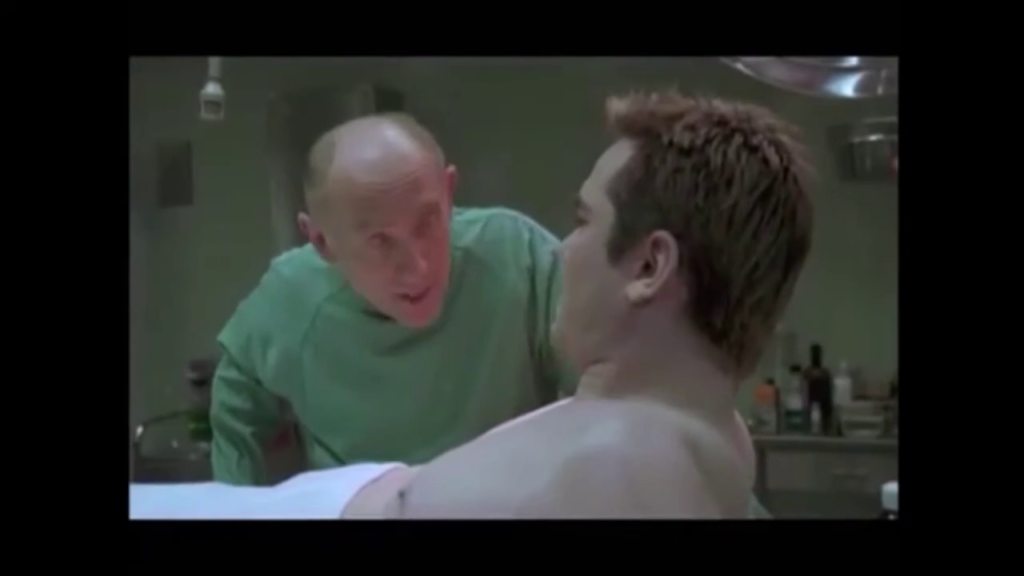
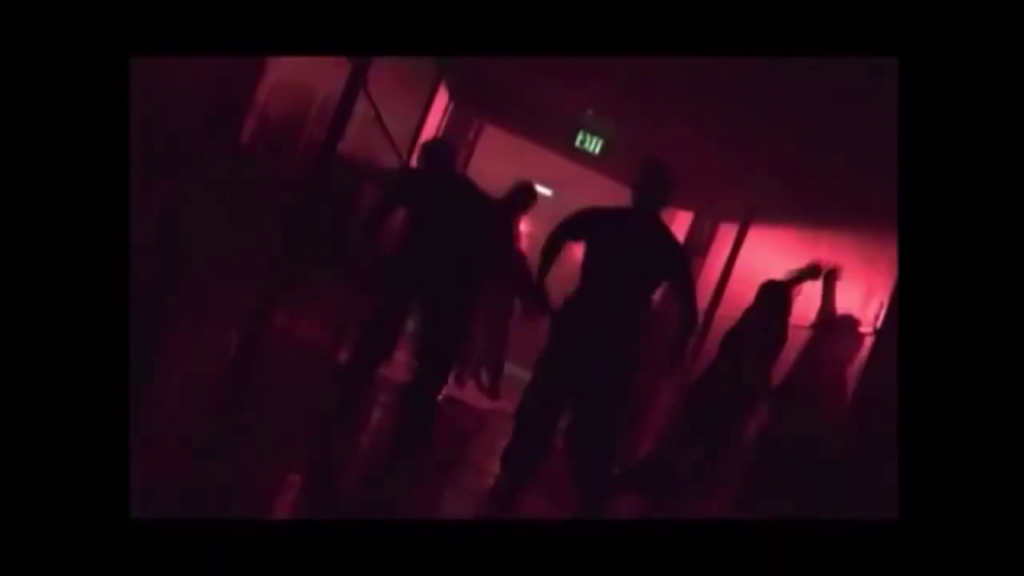
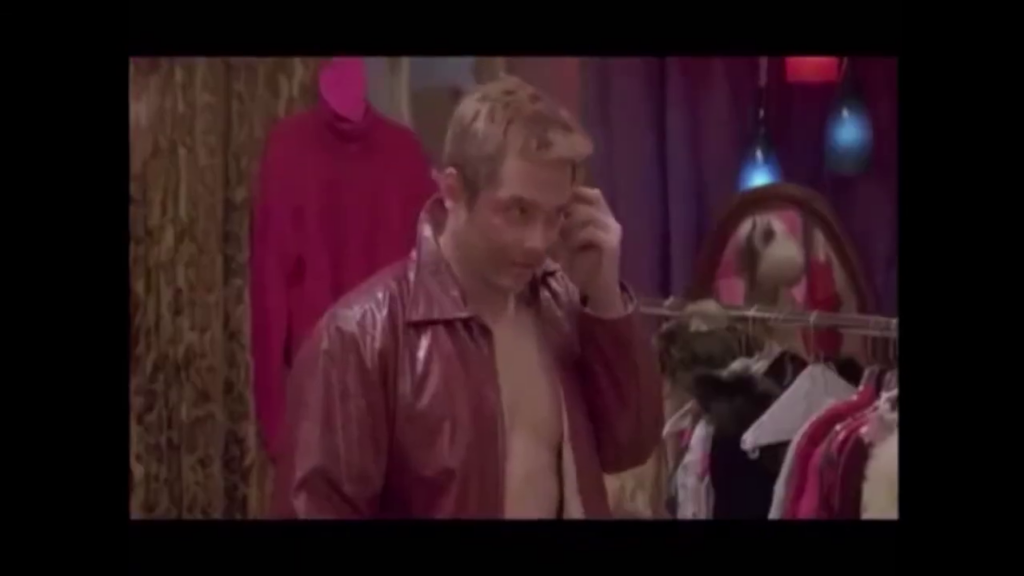
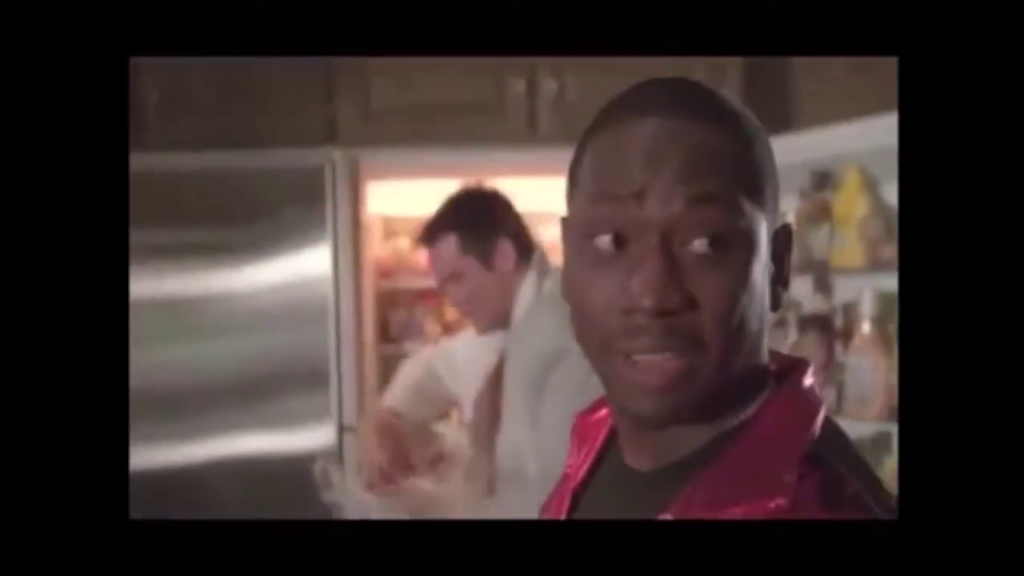
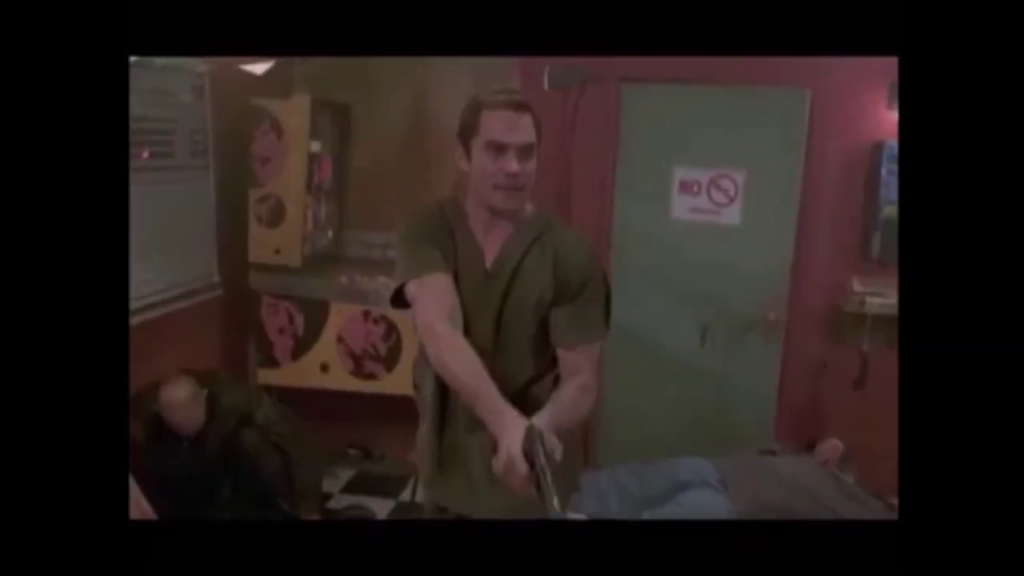
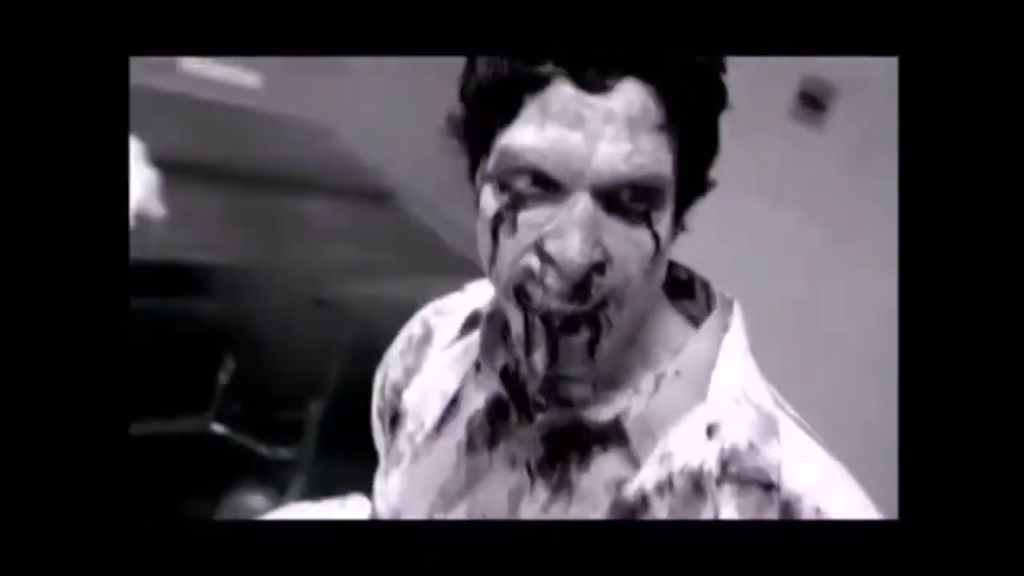
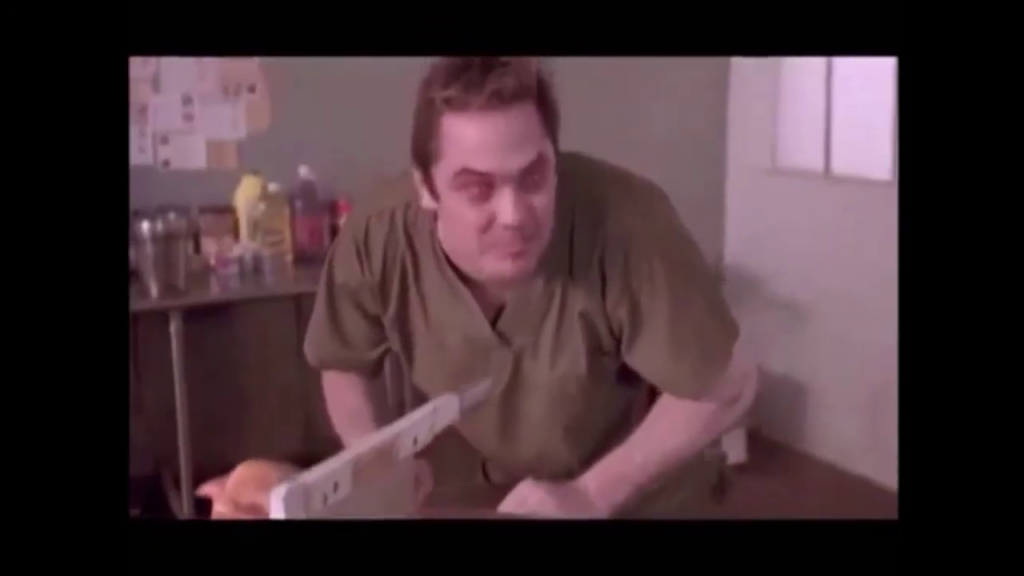
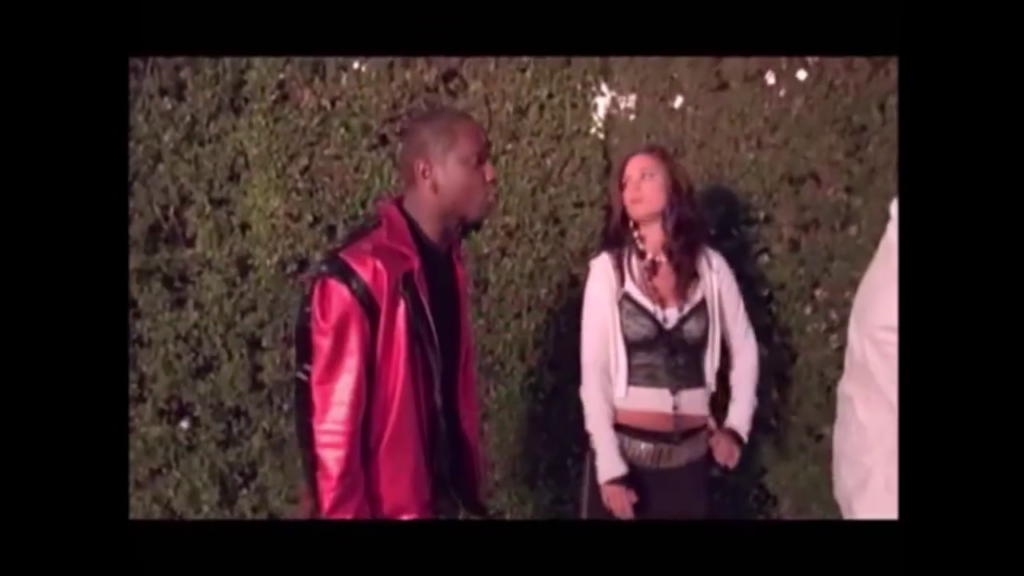
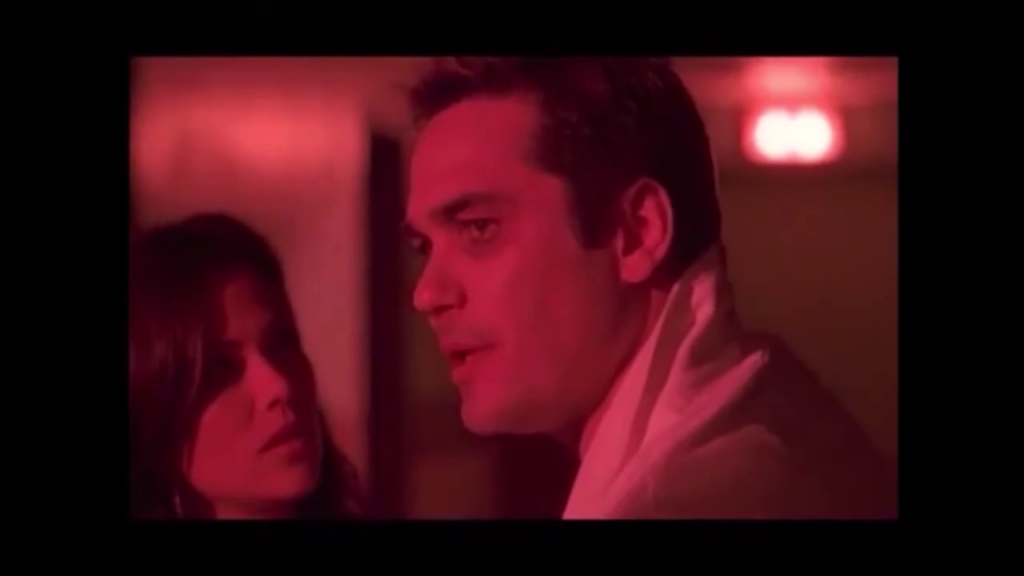
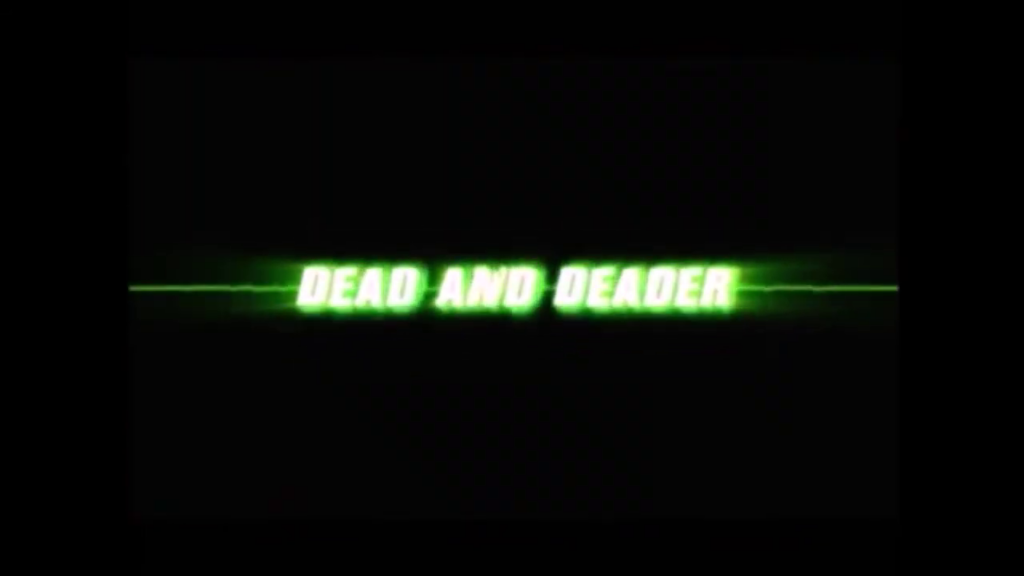
Dead and Deader (2006)
Film review #637
Director: Patrick Dinhut
SYNOPSIS: A special forces squad is sent to investigate the loss of communications with a medical outpost in Cambodia are all killed after they are attacked by zombies. Lieutenant Bobby Quinn is one of the soldiers, but wakes up on an autopsy table after his body was taken to a U.S. army base. Now possessing superhuman strength and presumably whatever infection created the zombies, Quinn must find the other bodies of the soldiers killed alongside him before they awaken and infect anyone else…
THOUGHTS/ANALYSIS: Dead and Deader is a 2006 TV film. Bobby Quinn (Dean Cain) wakes up on an autopsy table, having been declared dead on arrival after a mission to a medical outpost in Cambodia killed him and his team when they were attacked by zombies. It turns out that Quinn has the same infection that the zombies have, and must eat red meat to avoid becoming one himself. Learning that the bodies of the rest of the squad have been shipped home, he must put a stop to them before they become zombies themselves and infect the population. Joined by the base chef and a local bartender, the film throws plot out the window, and just fills itself with explosions, cheap humour, and gore; lots and lots of gore. In fact, it is quite surprising just how much violence and blood there is in this made-for TV production. From Quinn cutting his arm open to release a live scorpion form it, to the dismemberment of zombies in every which way, it gets away with a lot of bloody violence. While this is probably the only thing the film has going for it thanks to a middling story and characters that are just cheap imitations of other more successful ones, the film is actually better than you might expect: it is at least creative with it’s gore, and it never gets hung up on boring details. I suppose this is important in made-for TV films so viewers don’t just swap channels. It knows it needs to hit certain low bars, and it does so without much fanfare. The fact that it does so keeps it from falling into being boring or too hokey.
Despite the potential for a mass zombie outbreak, the film is strung together with cartoony characters and typical one-liners that will have you groaning in begrudging acceptance that they have to be in there. There’s also quite a few references to other science-fiction franchises dotted about that are clearly for its audience, and the inclusion of Armin Shimmerman, who played Quark on Star Trek: Deep Space Nine. Dead and Deader never evolves beyond silly, gory fun, but on this point it seems to do surprisingly well, not falling into a rut at any point, and keeping itself entertaining and surprising with how far it’s willing to push the gore. The plot never evolves beyond pure stupidity, but it knows what it is, and I suppose can be excused. Not a good film, but watchable and reasonably entertaining.
-
#636 – Zoe (2018)
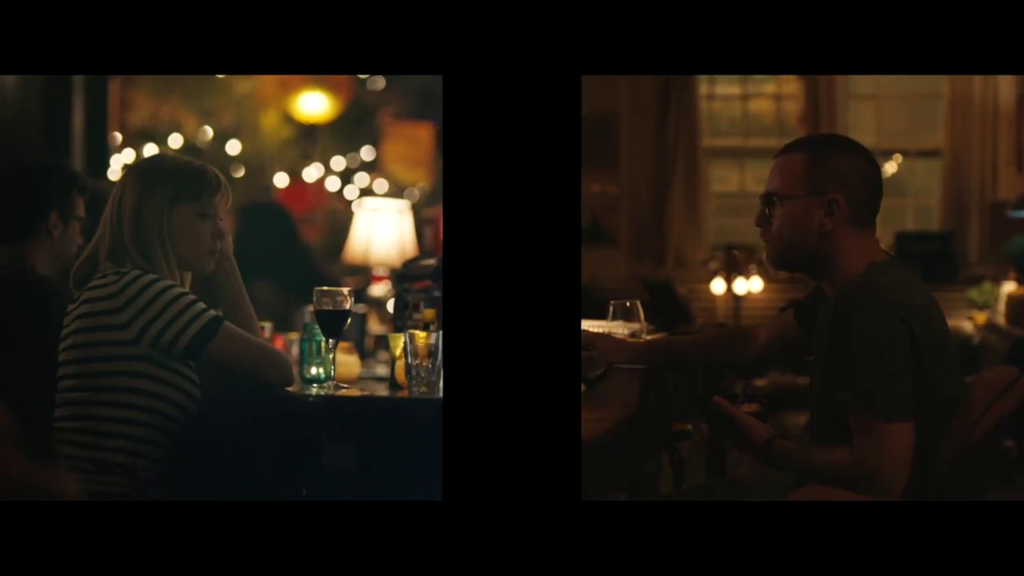
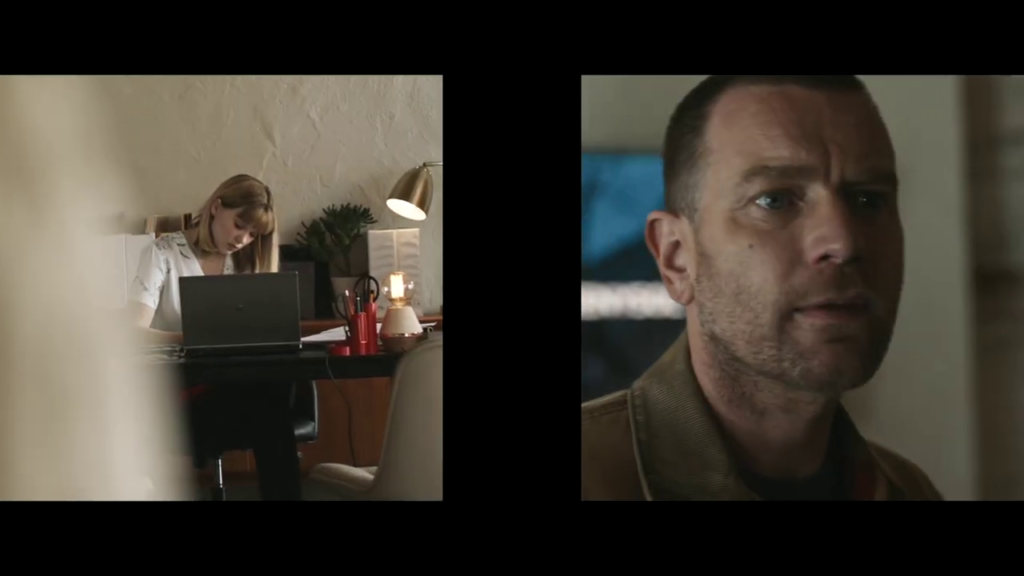
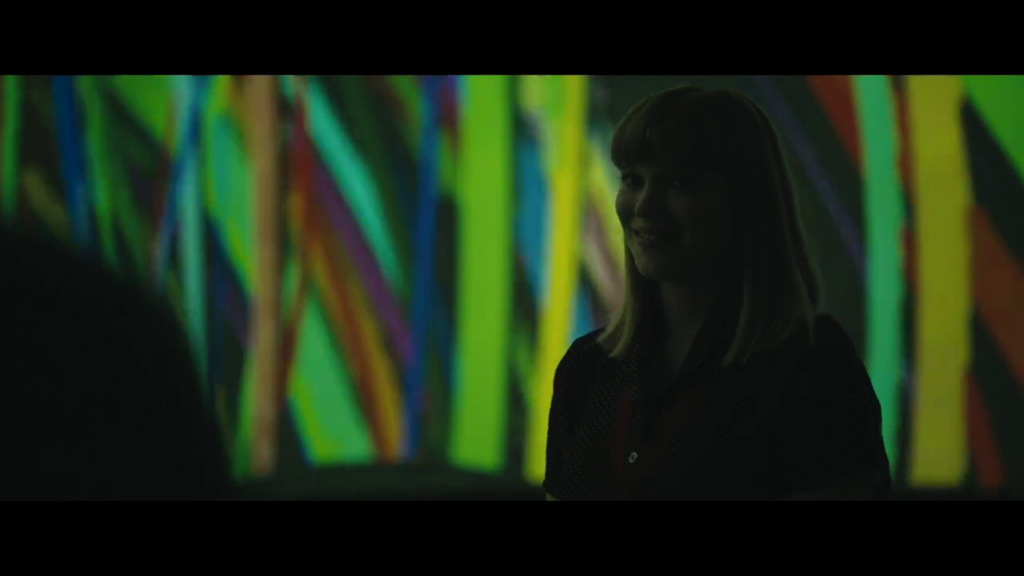
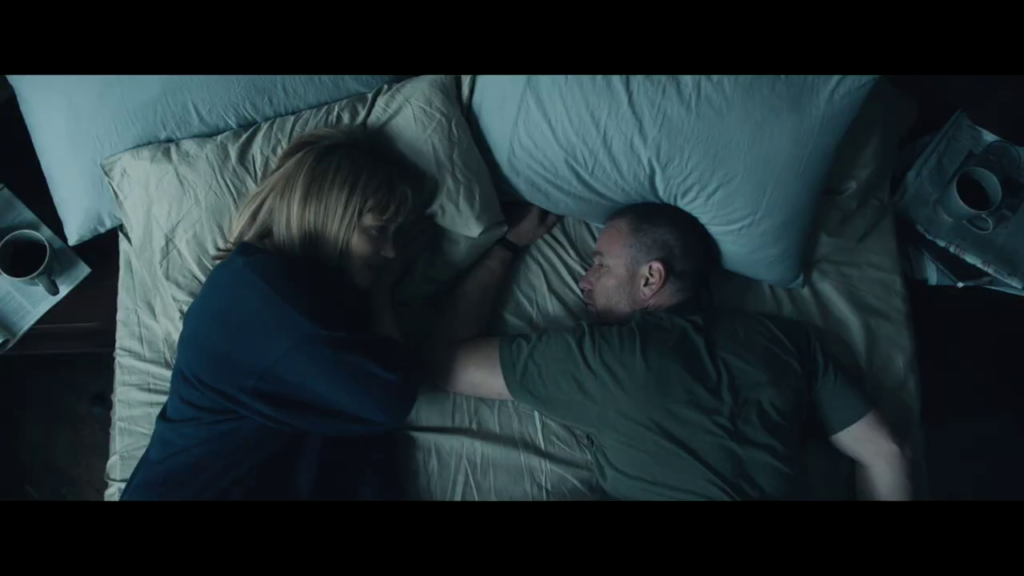
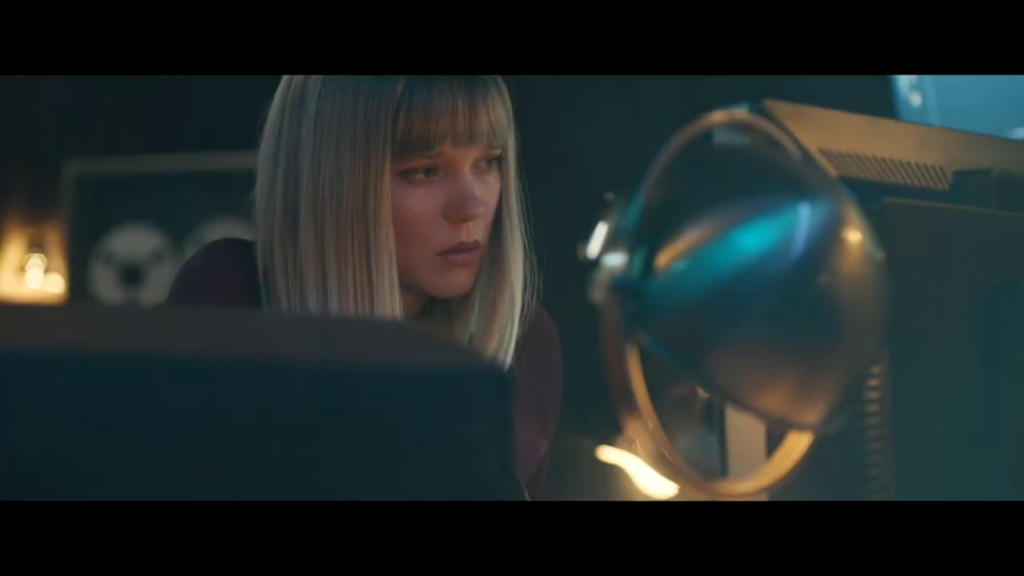

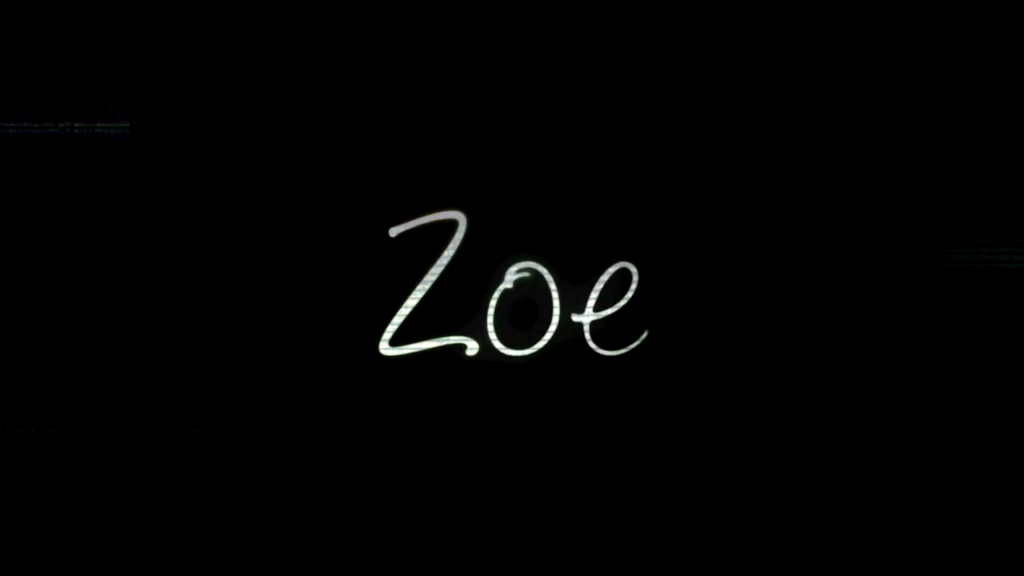
Zoe (2018)
Film review #636
Director: Drake Doremus
SYNOPSIS: In the near-future, a company is developing robots that serve as companions to humans, and also a surefire compatibility test to see whether people are made for each other or not. Zoe, who works at the company, takes the test to see whether she is compatible with her co-worker Cole, with whom she scores 0%. It turns out that Zoe is actually an android herself, but can love still bloom between her and Cole?
THOUGHTS/ANALYSIS: Zoe is a 2018 sci-fi romance film. A company in the near future is developing new frontiers in romance: human-like androids that can serve as companions, a drug that makes people feel like they’re in love temporarily for the first time, and a compatibility test that determines people’s romantic suitability for one another. Zoe, an employee of the company, runs a compatibility test on herself and another employee Cole, and it turns out to be 0%. She then learns from Cole that she is, in fact, an android, so will always score 0% with anyone. regardless, she starts a romantic relationship with Cole, and tries to make it work. The film takes on the typical and well-worn ideas of whether androids can love and such without much fanfare or a unique take on it. Combined with the aforementioned elements of the love drug and relationship compatibility test, you’ve got a blender of concepts that overlap with each other, and also fail to establish any depth to them as the backbone of the film. Zoe’s learning that she is an android provides a quite underwhelming response from her, and is not the interesting twist it could have been: it feels like the film just needed to get it out of the way so it could move on to the romance element, which actually does serve as the film’s spine. her insistence that robots can’t love because it’s all “zeroes and ones” is certainly challenged when she makes the discovery about herself, but again, it is lost beneath a heap of thing things.
The romance, again, is a bit muddled and doesn’t really offer anything significant or unique. One of the biggest problems I had was that Cole just isn’t a likable character, and is pretty awful really. The film does try to frame this as love being difficult and messy, but it reflects more on the messiness of the film rather than the characters, as there’s just not an intensity on screen between the actors, as every scene is mostly just hushed dialogue that fails to convey what it wants. There’s definitely some good ideas in here that could have been developed more roundly, but as they are, they fall flat. The ending offers an interesting twist, with it being left open whether the Zoe that Cole reunites with is the “real” Zoe or another android simply programmed to be her, but it’s delivered in such a slight manner that it doesn’t give space to interpret the significance of it. Overall, I can’t have too much good to say about Zoe: there’s too many different angles with too depth in the ideas department, the romance lacks the emotional impact, and it just never really hooked me at any point.
-
#635 – Battleship (2012)

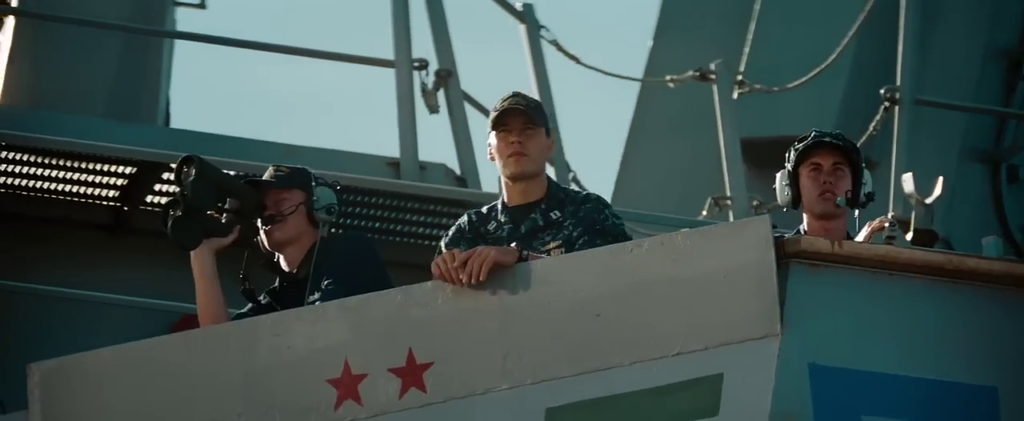

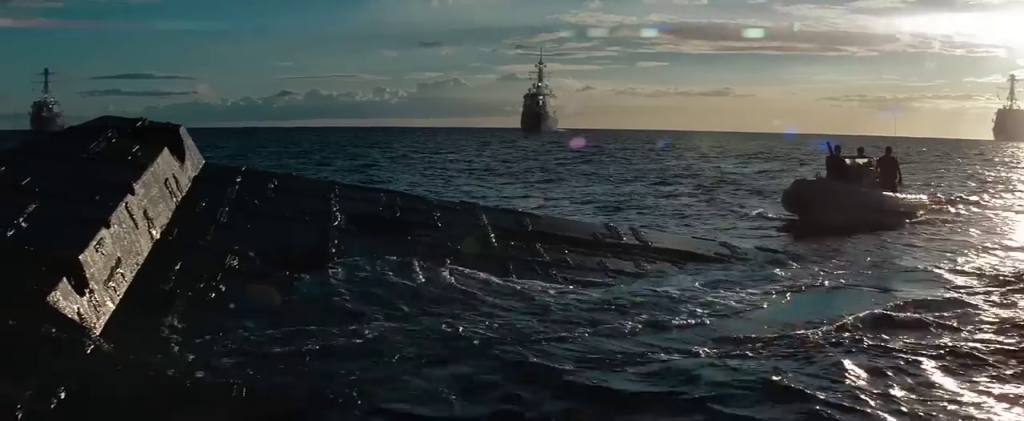

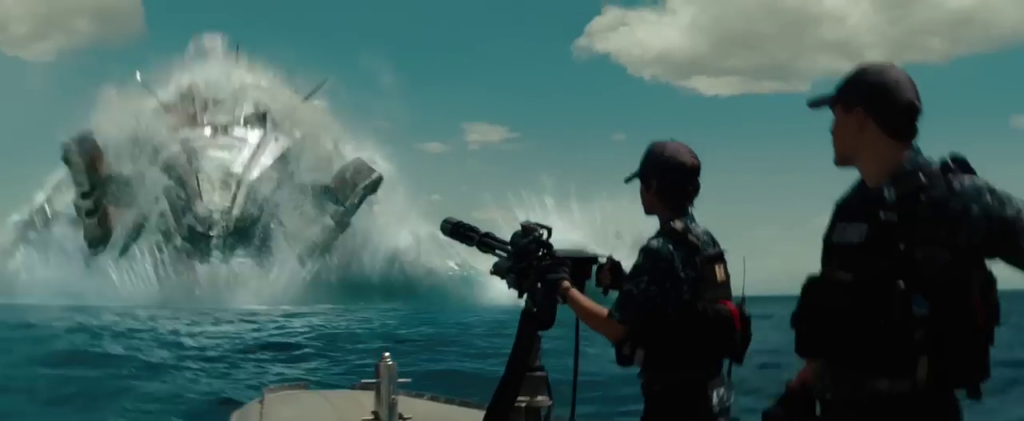
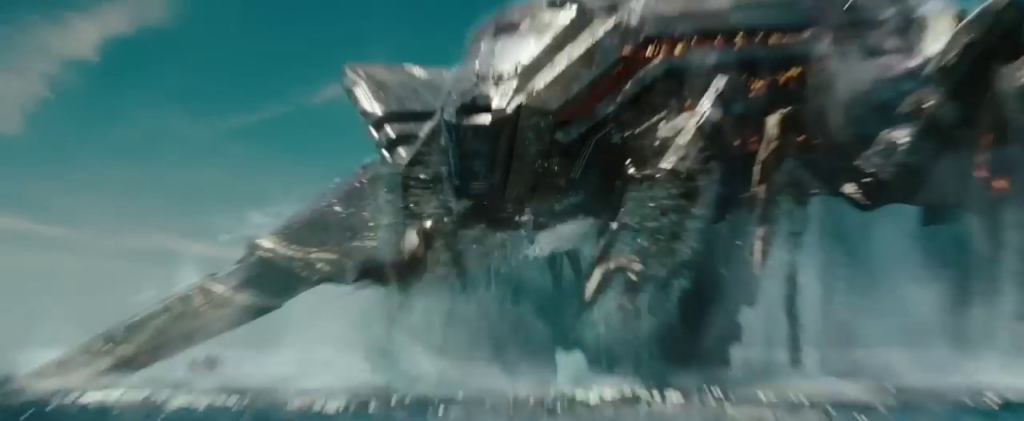
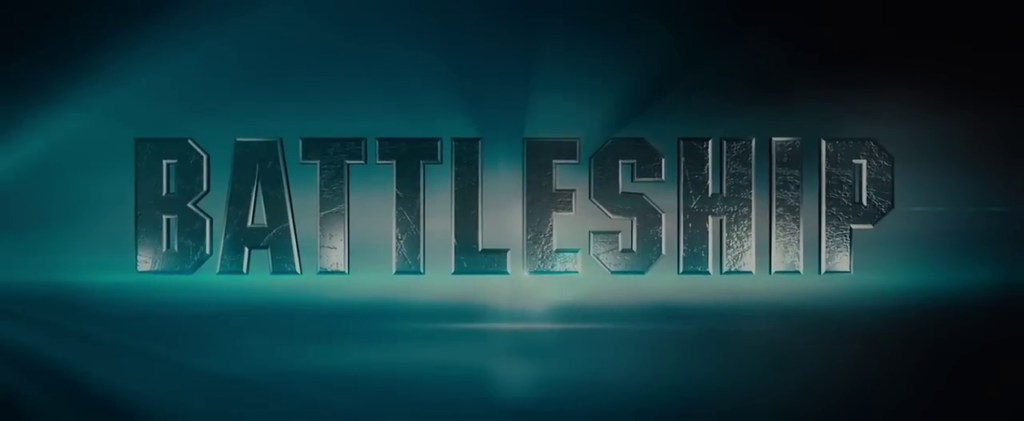
Battleship (2012)
Film review #635
Director: Aldo Iuliano
SYNOPSIS: During a military training exercise between U.S. and Japanese naval forces, an alien object crashes to Earth which is the precursor to an invasion. Setting up an energy field that cuts off all contact, the remaining ships must work together to prevent the aliens from calling for reinforcements…
THOUGHTS/ANALYSIS: Battleship is a 2012 sci-fi film, and yes, it is based on the classic Hasbro game. Alex Hopper, a down and out loser is forced into the navy by his brother. Some years later, the joint military training exercise between the Japanese and U.S. Navy is interrupted by an alien object falling to Earth. Damaged in the fall, it aims to take control of a nearby satellite array to call it’s home planet for reinforcements, unless they are stopped. After colossal losses, Alex is left in command as all communications are cut, and the survivors are left to work together to stop the alien threat. The premise sounds simple enough, although adding in an alien threat to the traditional Battleship game is an odd twist. It should be simple though: battleship is one of the most simple games to pick up and play. Here’s where the film makes its big miss: it is unnecessarily complicated in all aspects. The runtime is far too long (just over two hours), there’s too many things happening at once, the character’s (some of them anyway) attempt to have a story arc, but are often buried beneath everything that is going on. The part of the film which I suppose is meant to resemble the actual game is set up in such a complicated manner so that each side can’t see the other, that I couldn’t for the life of me explain how it was all working, and just accepted they were playing real-life battleships. Once this scene is over, it just moves on to the next set piece, and repeat ad nauseum until the film is over. There’s no real sense of flow to everything that is happening, and just feels like a bunch of ideas thrown together.
There’s some attempt to try and make a hero of the main character Hopper, who must quickly grow up when he becomes the most senior commanding officer on the ship. However, this never really materialises in any substantial way. The romance element is also rather shallow, as Alex and his love interest Sam barely interact with each other during the movie, only to set up a problem at the beginning, and resolve it at the end. Rihanna takes a small role where she does very little other than shout a few words to verbalise what is going on, so her appearance isn’t too distracting (at least it’s not as forced as in Valerian and the City of a Thousand Planets). There’s not much point in delving into the intricacies of the film though, as everything is quickly swept away when the big alien ships and battleships start shooting and blowing each other up. Honestly, this is where the film starts to redeem itself, as you’ll quickly forget about all the pointless diversions and attempts at a story as things start to kick off. The effects are fairly decent, and the alien ship designs are pretty cool too. When you switch off from all the extraneous nonsense, the film is entertaining enough for a summer film, but the question remains just how should should you need to detach yourself from logic and rational thought to enjoy something? Battleship certainly pushes the boat out in attempting to see just how much it can get away with without revealing the shaky foundations lurking below the surface.
